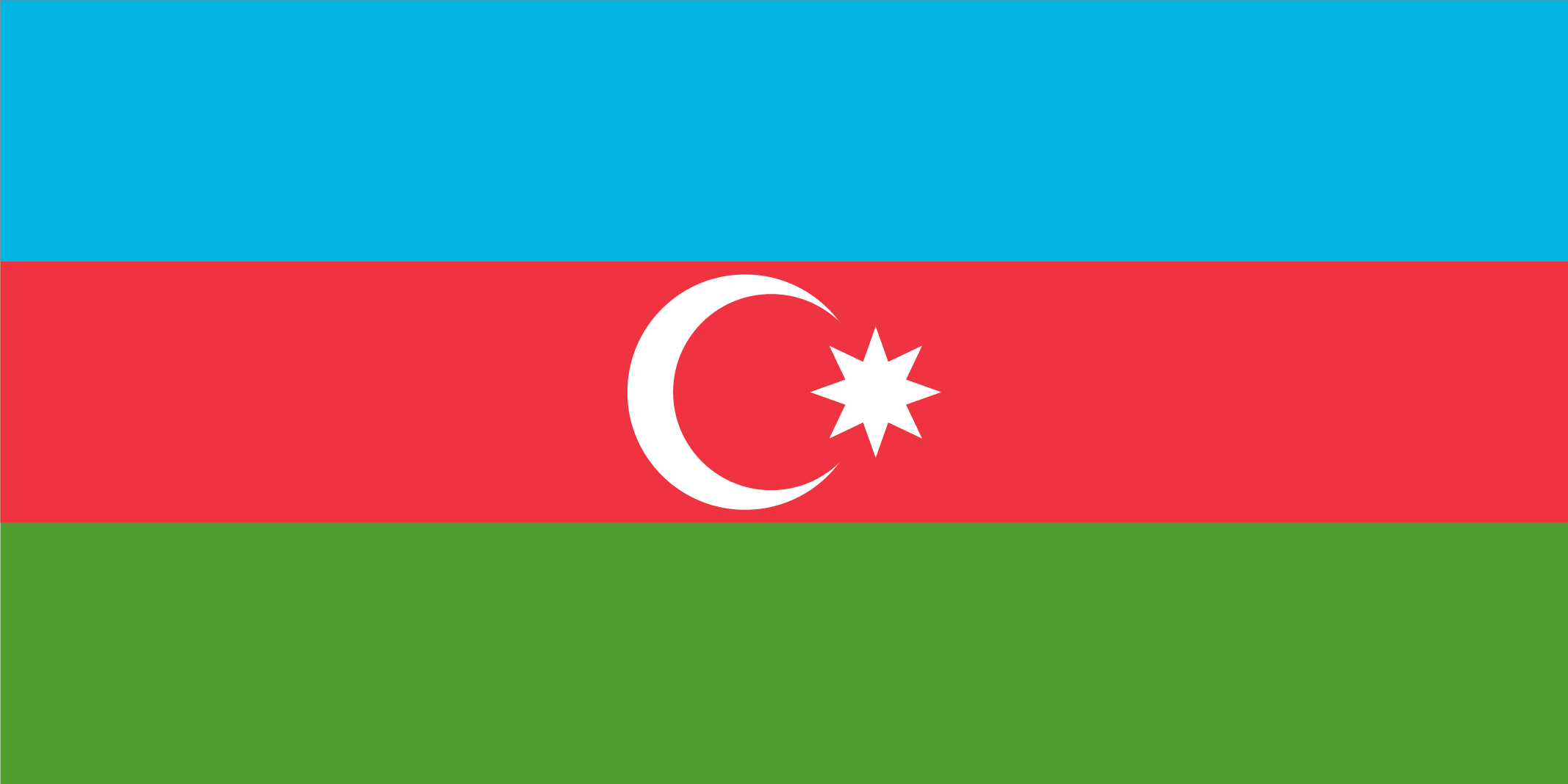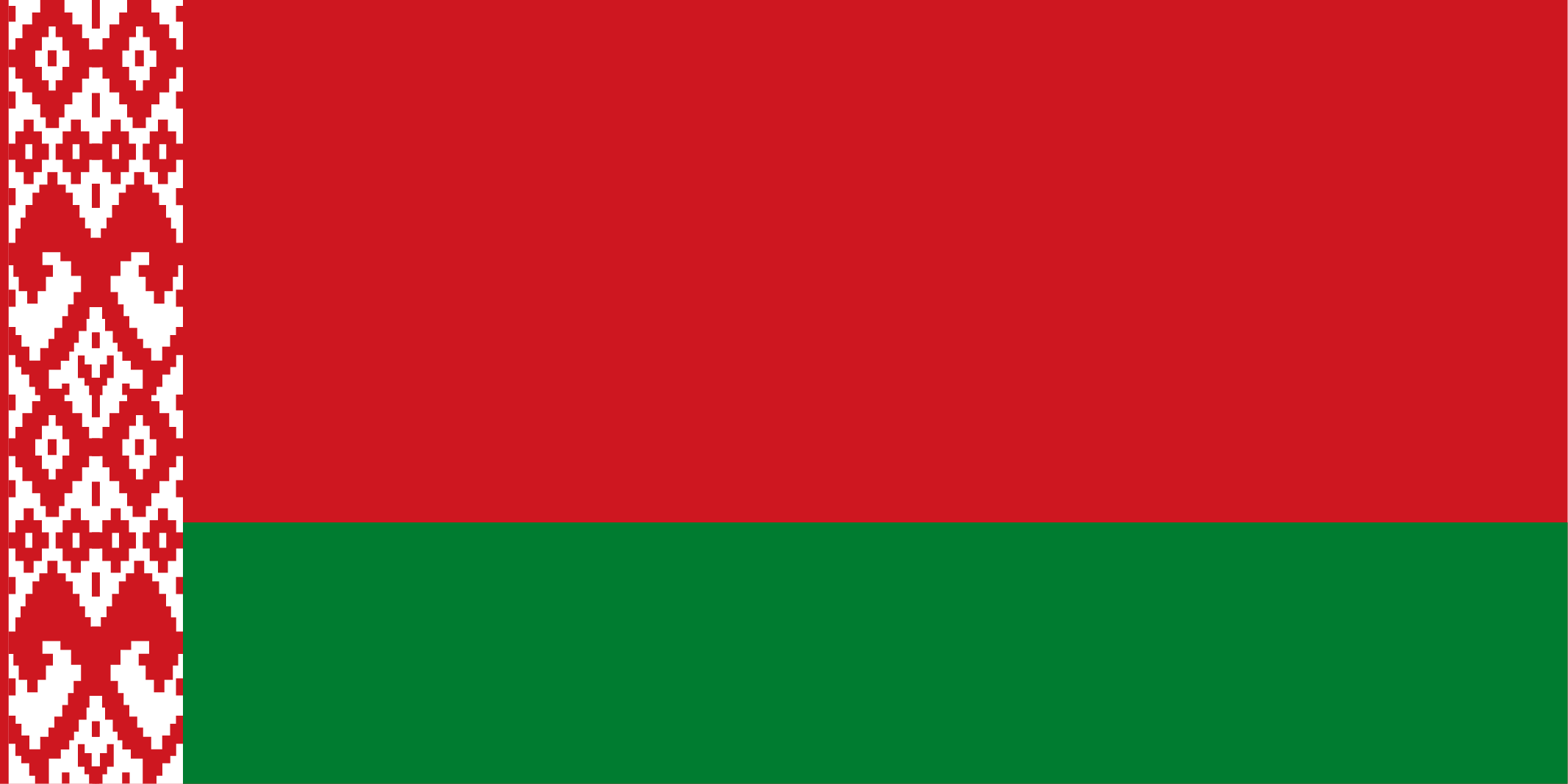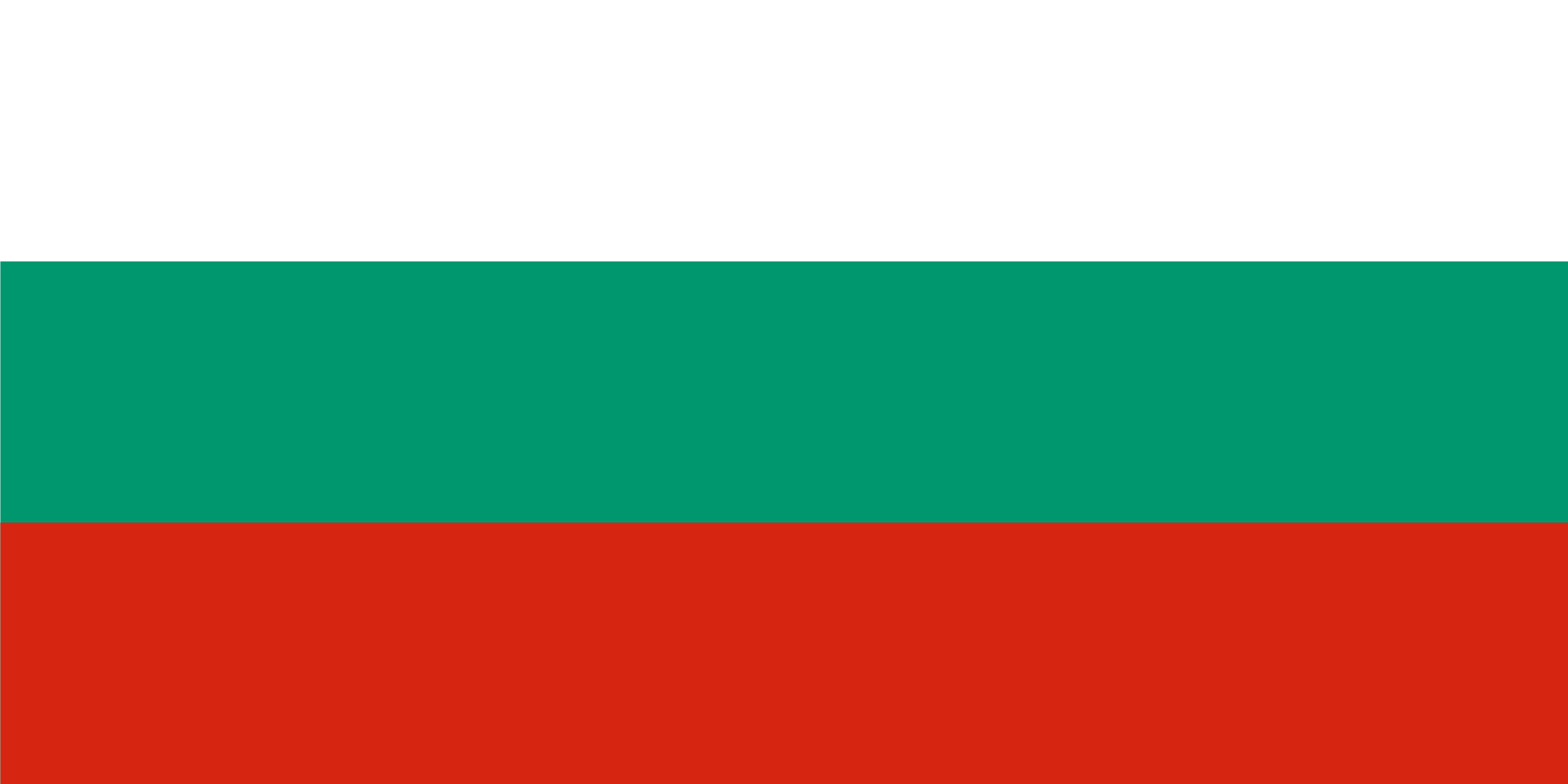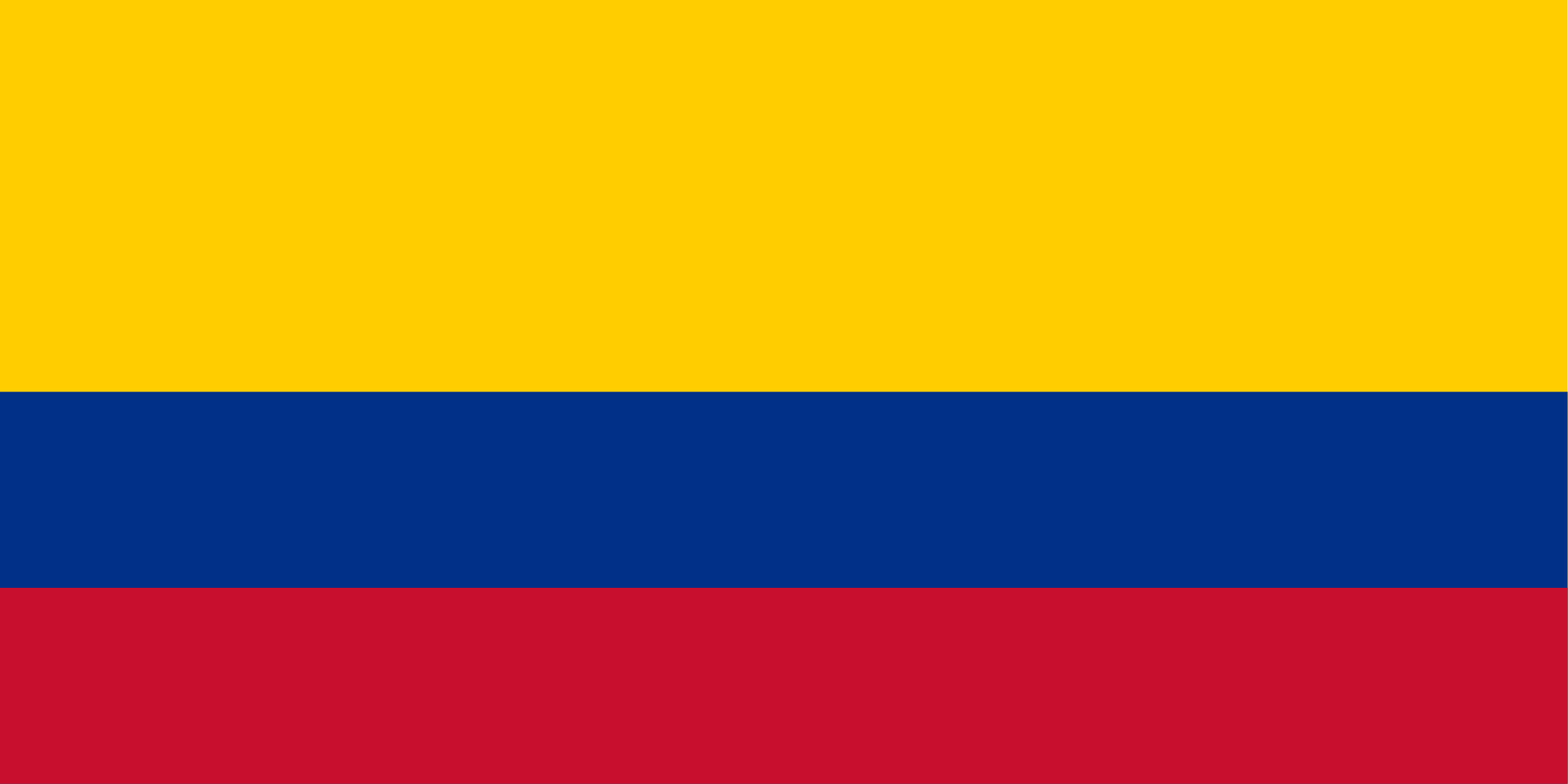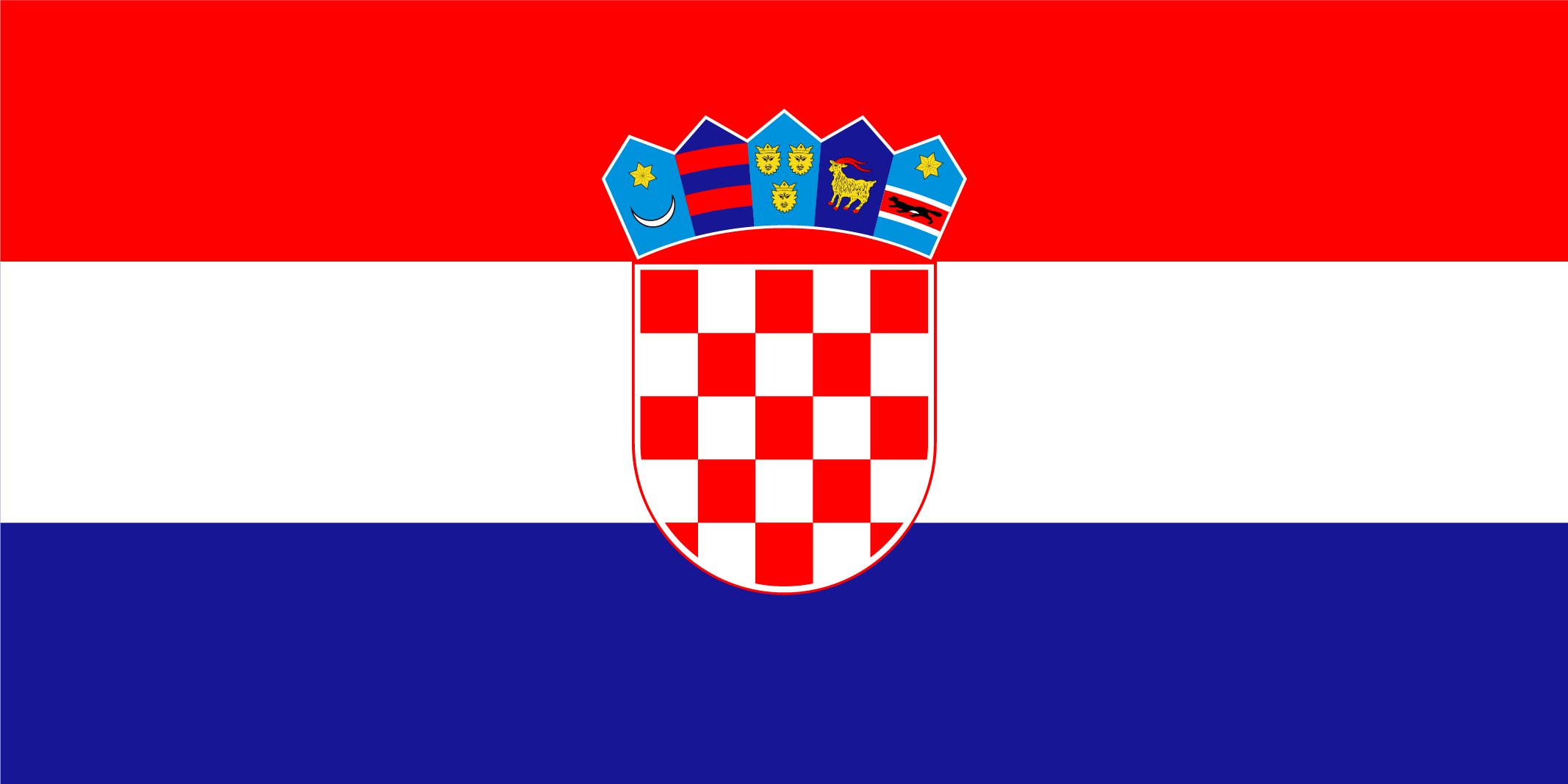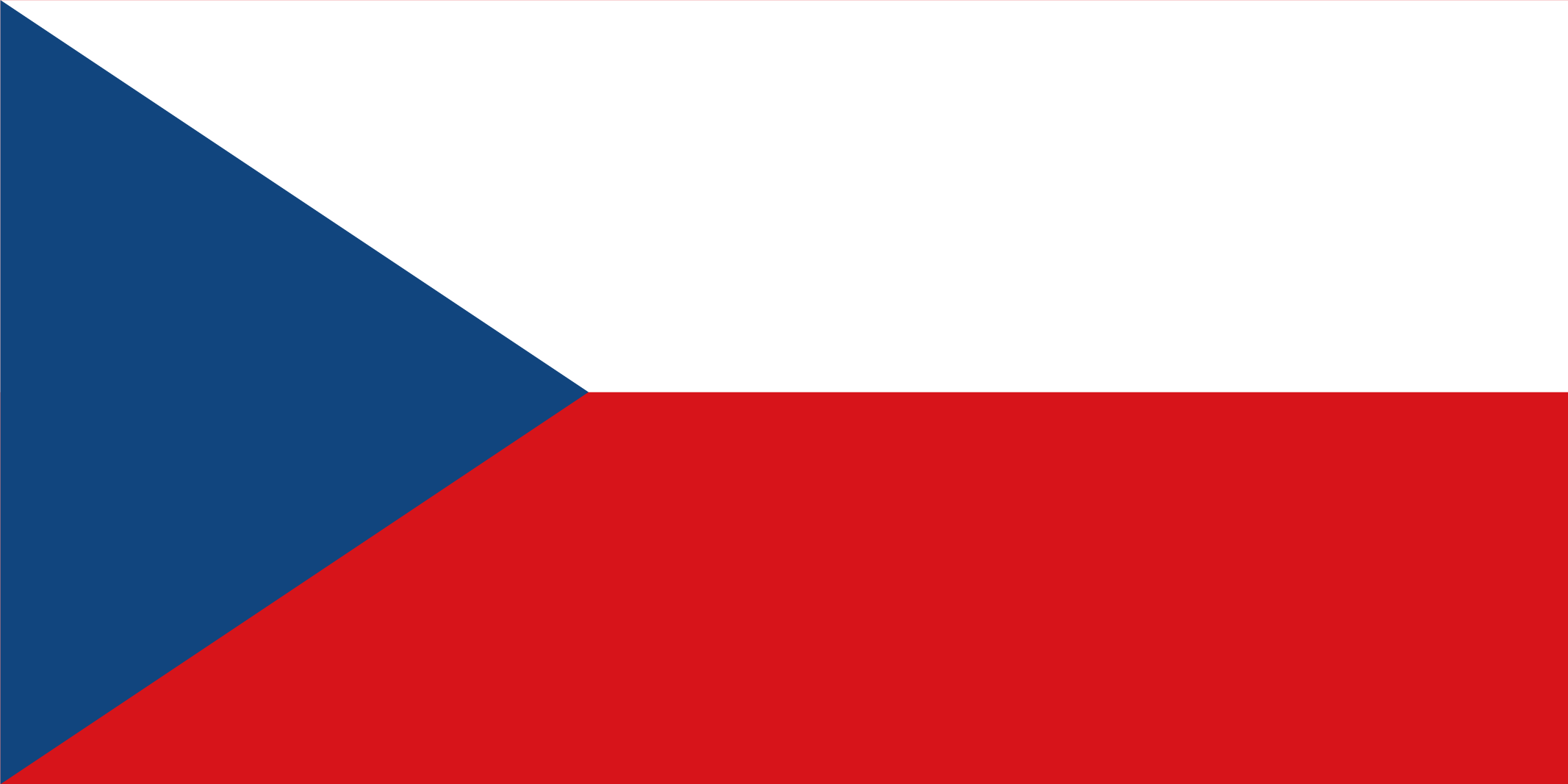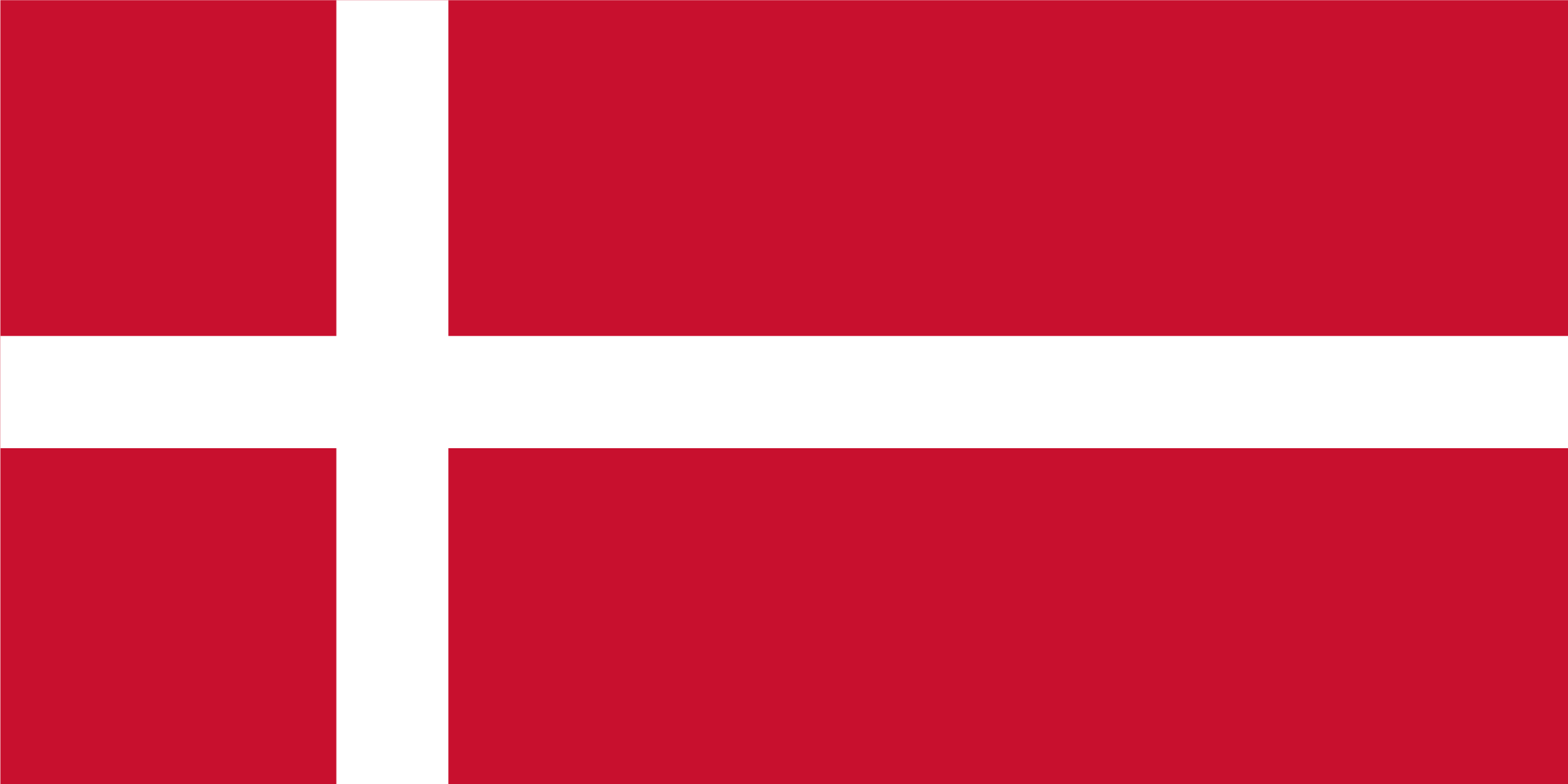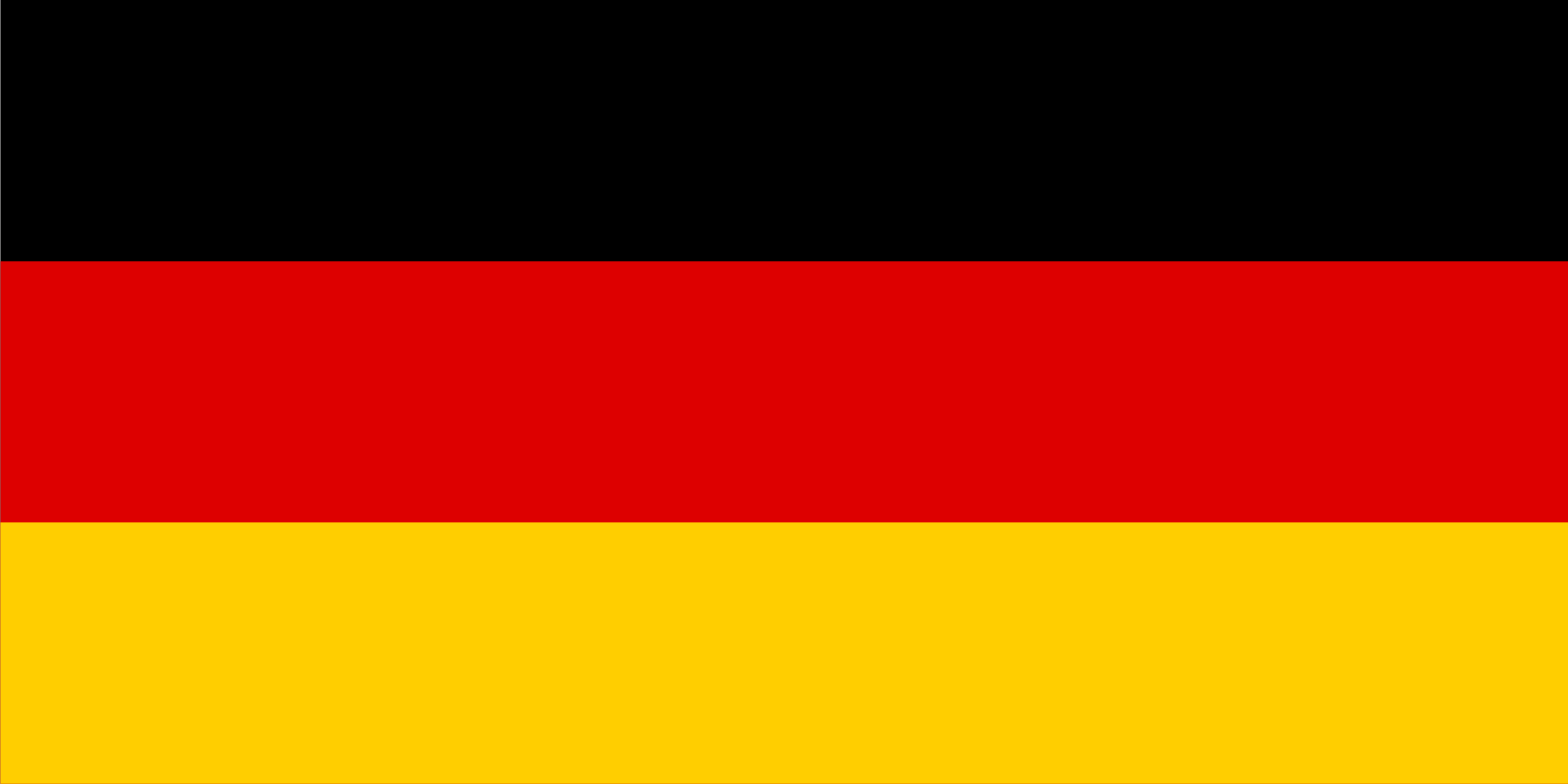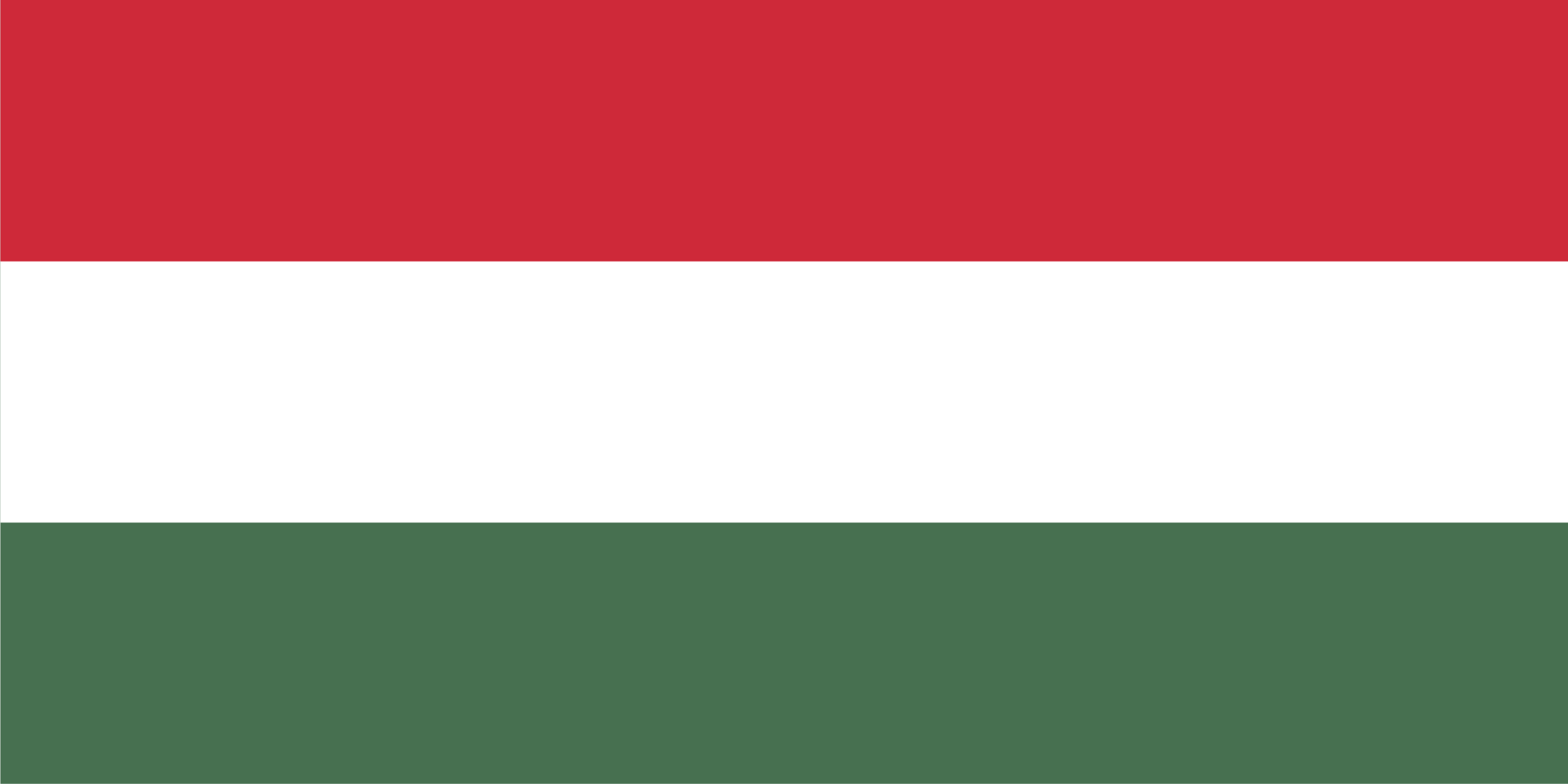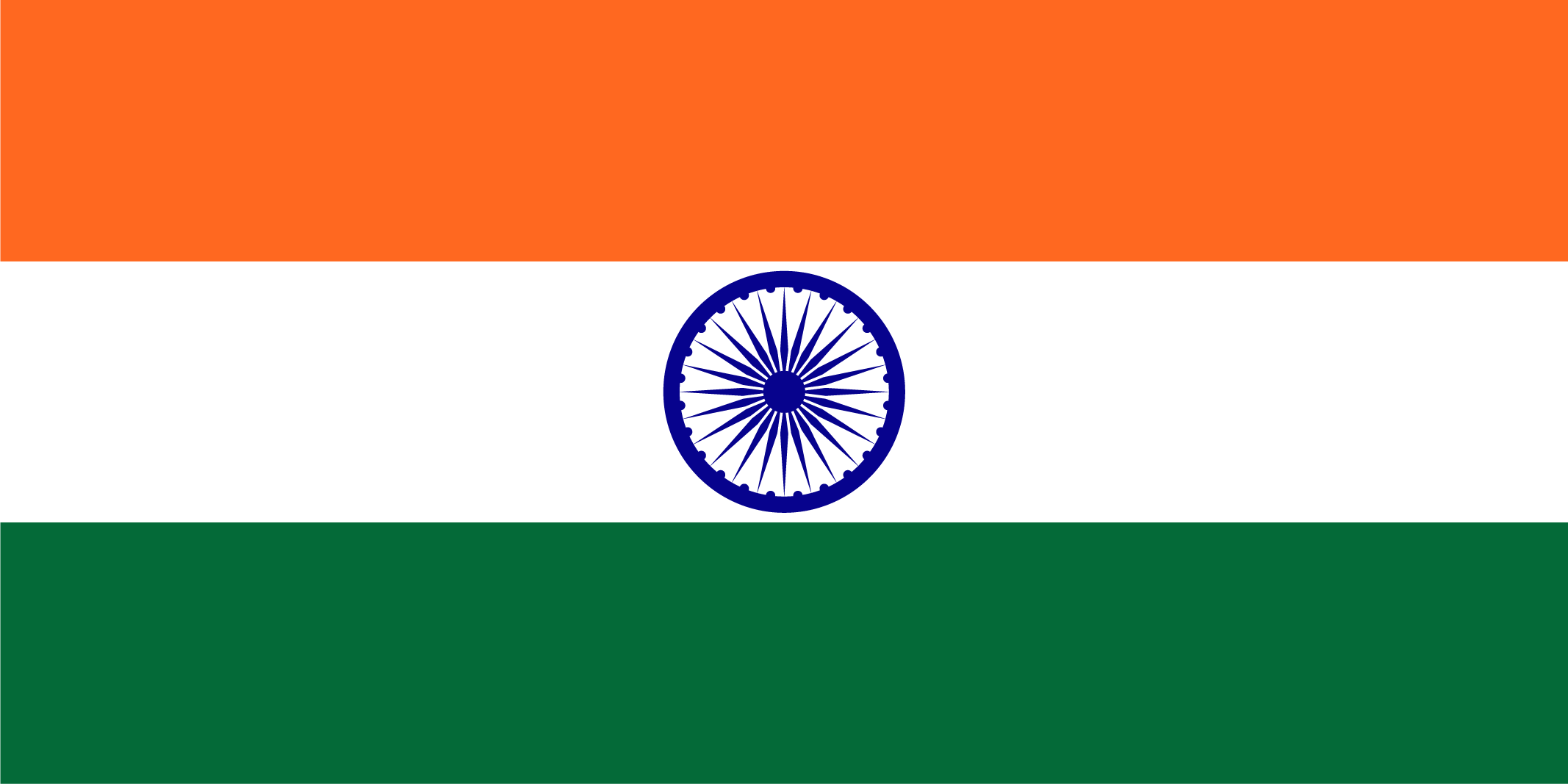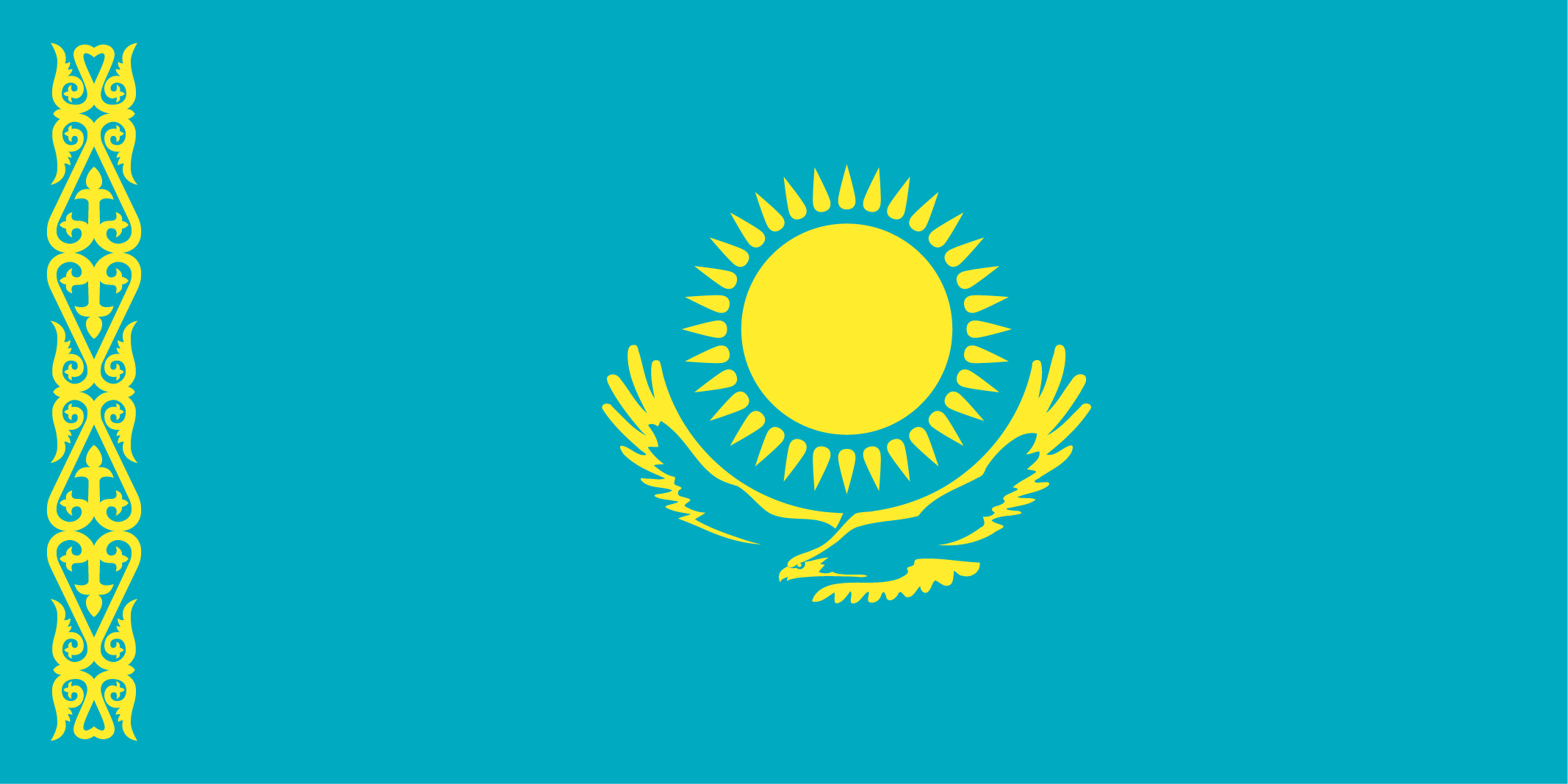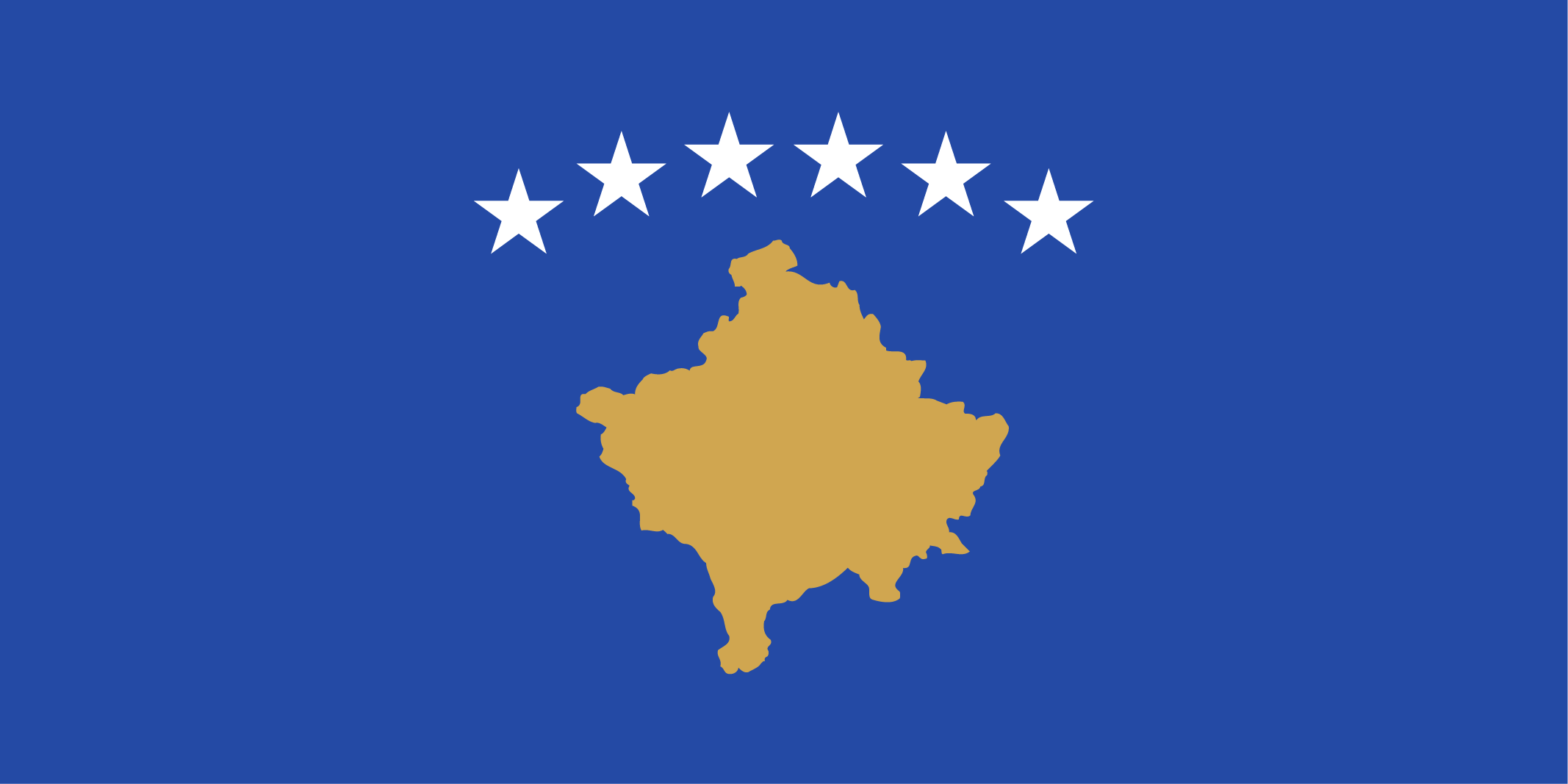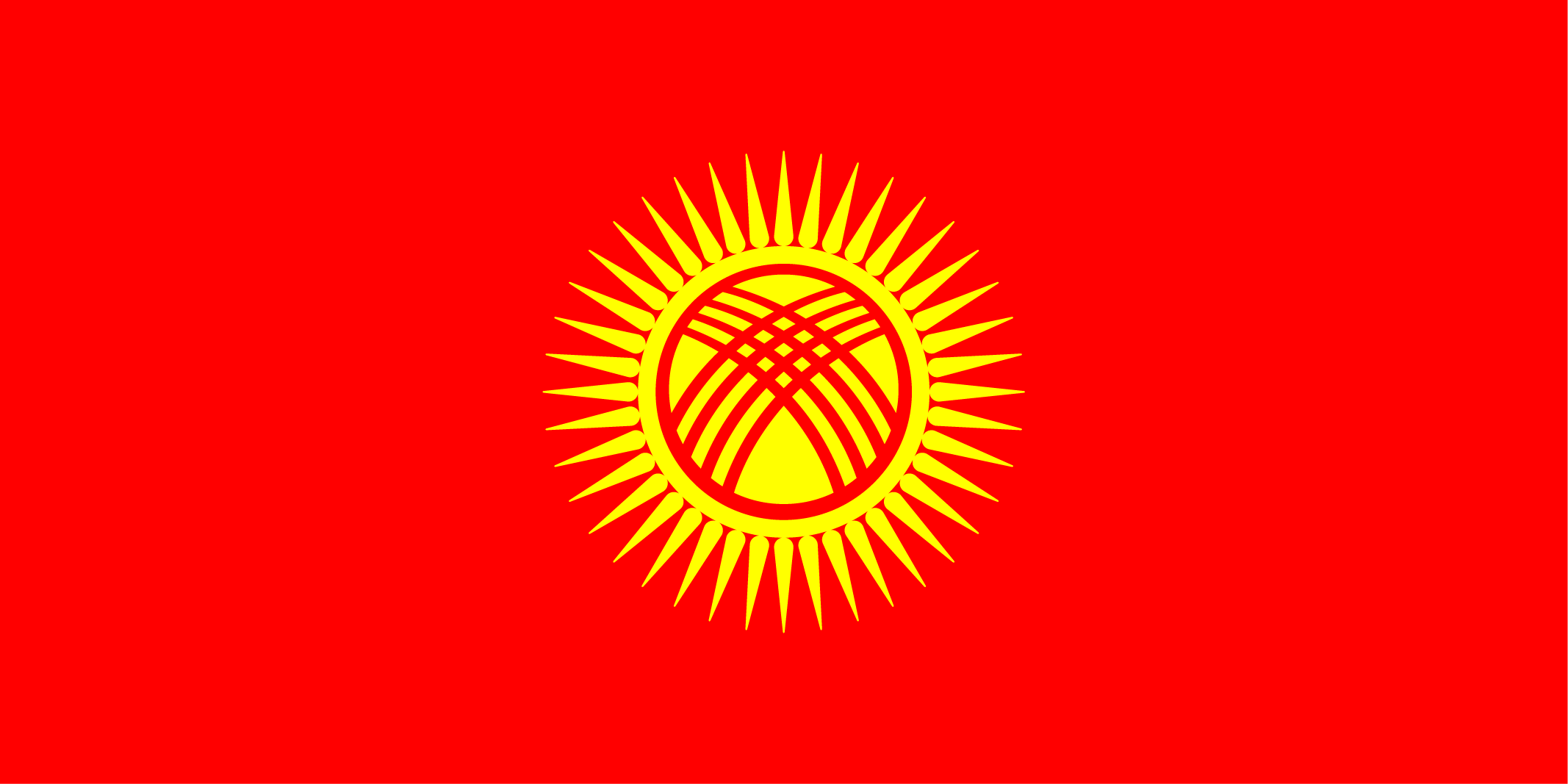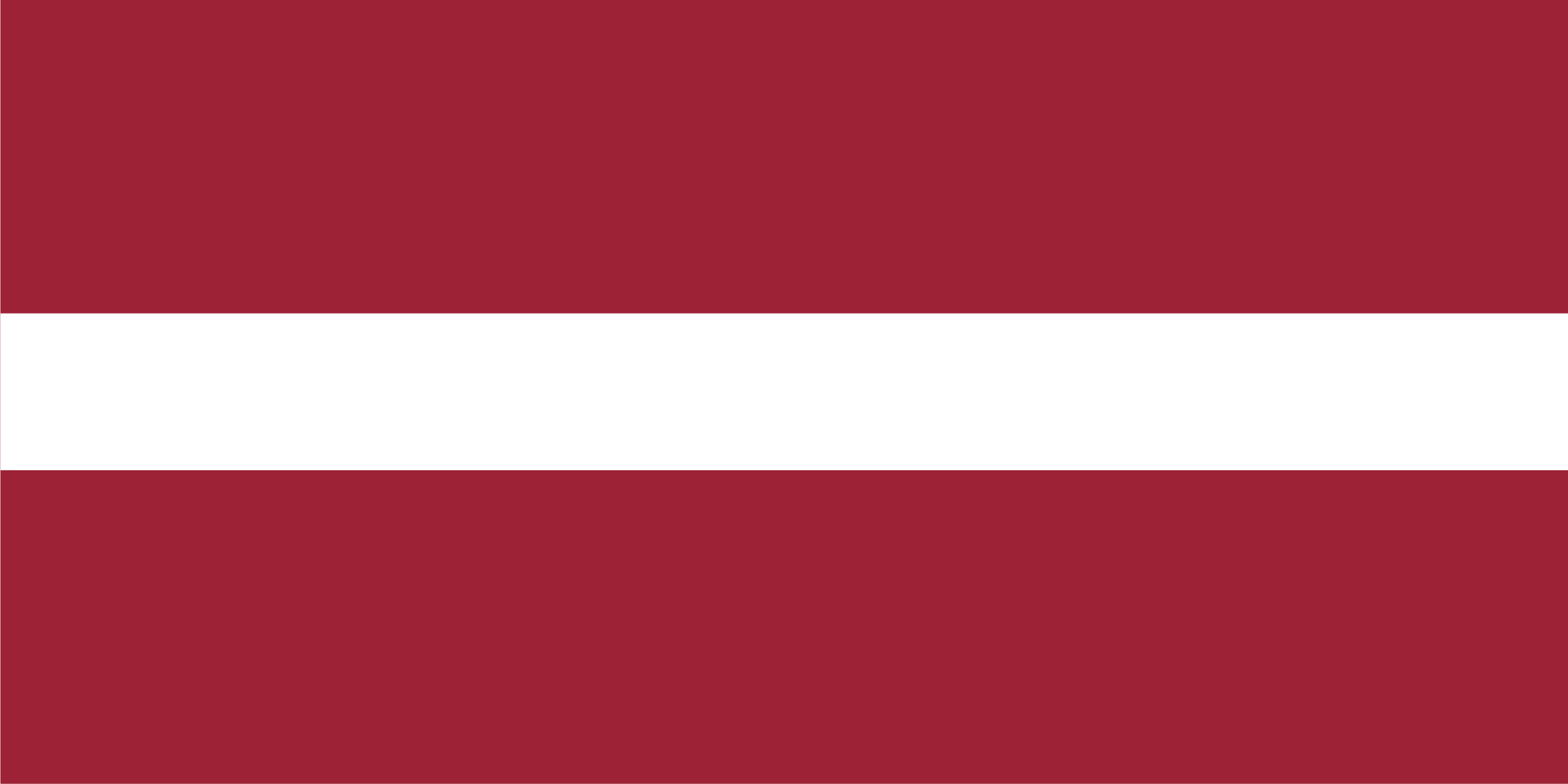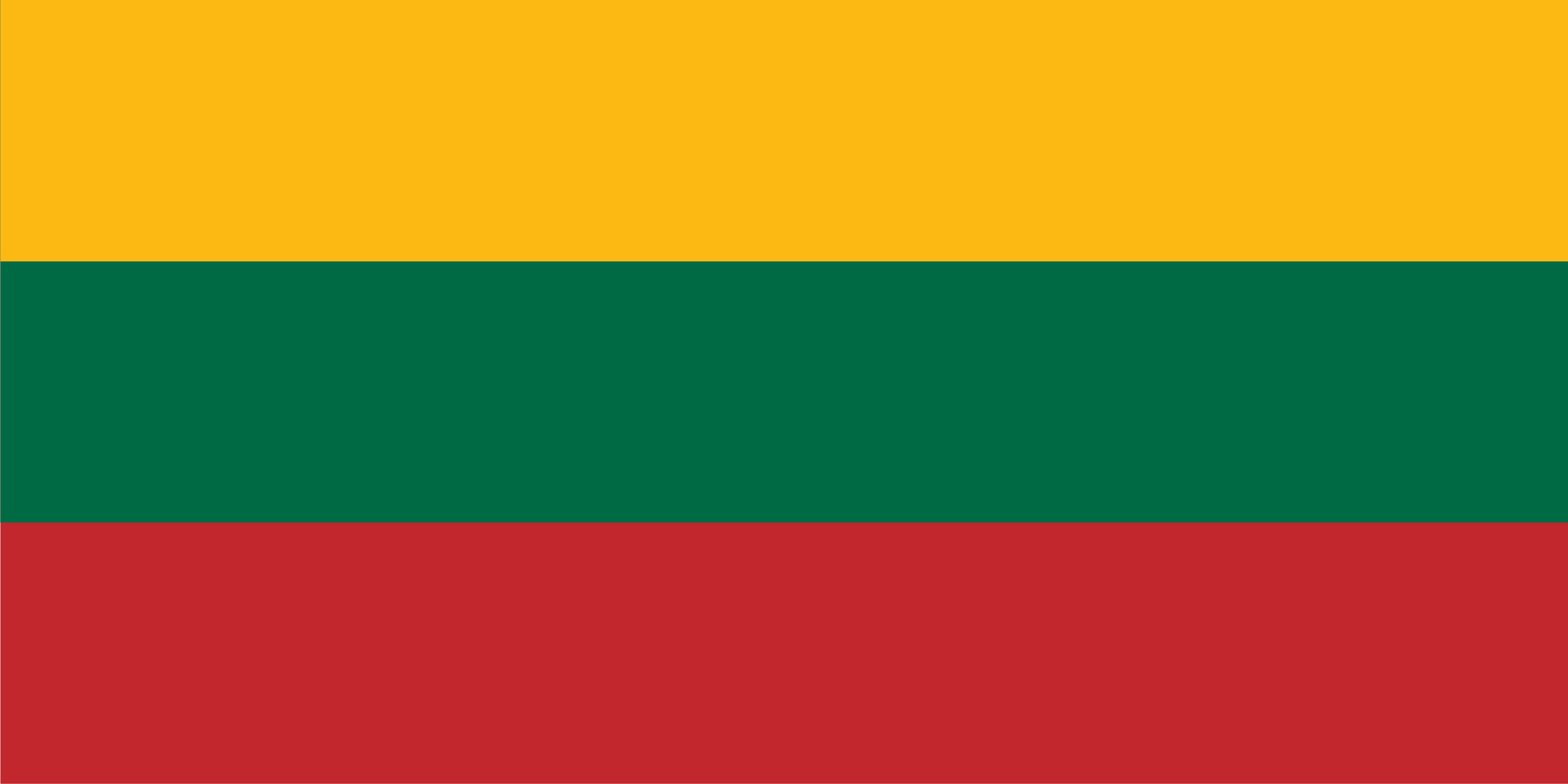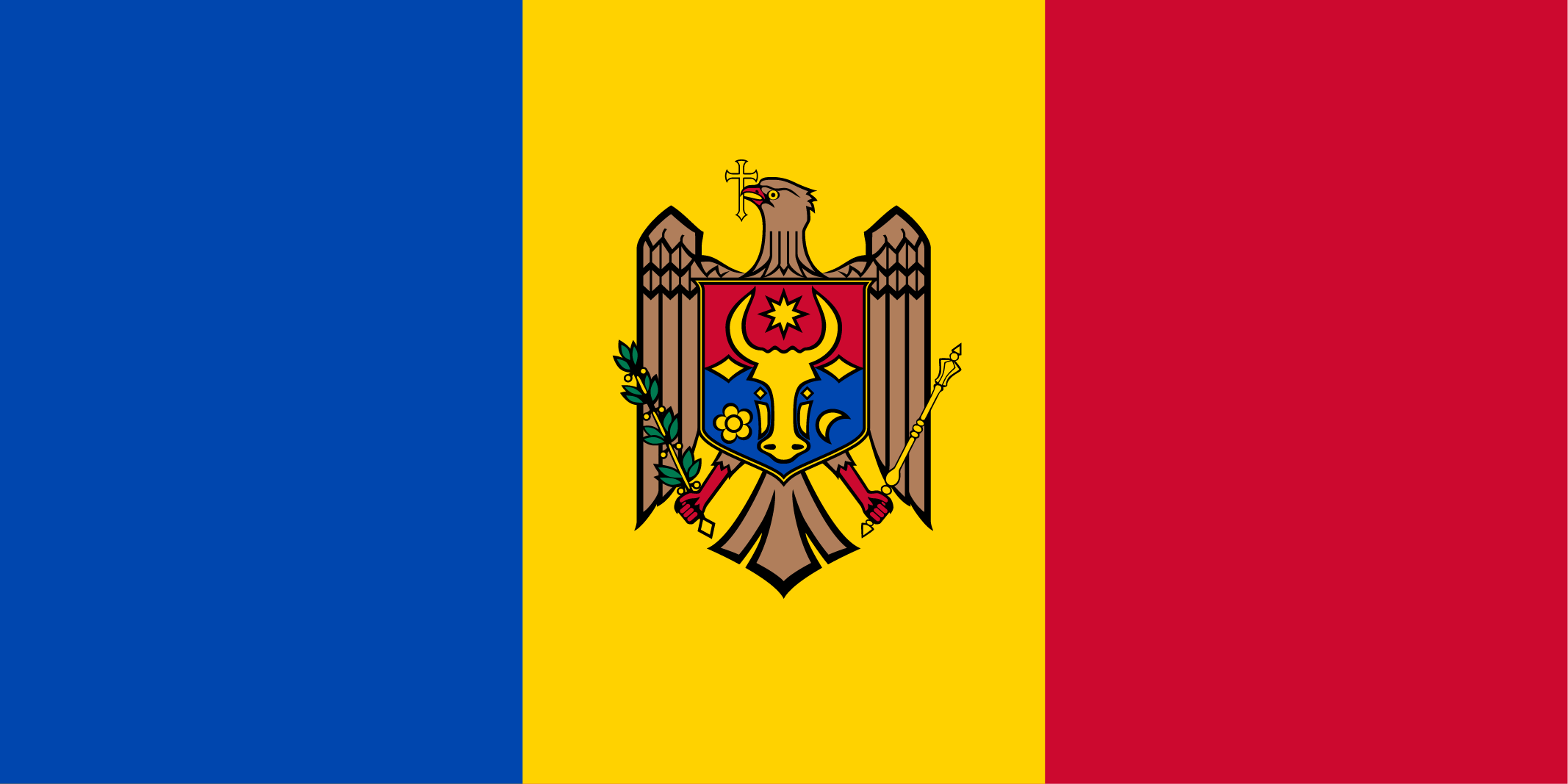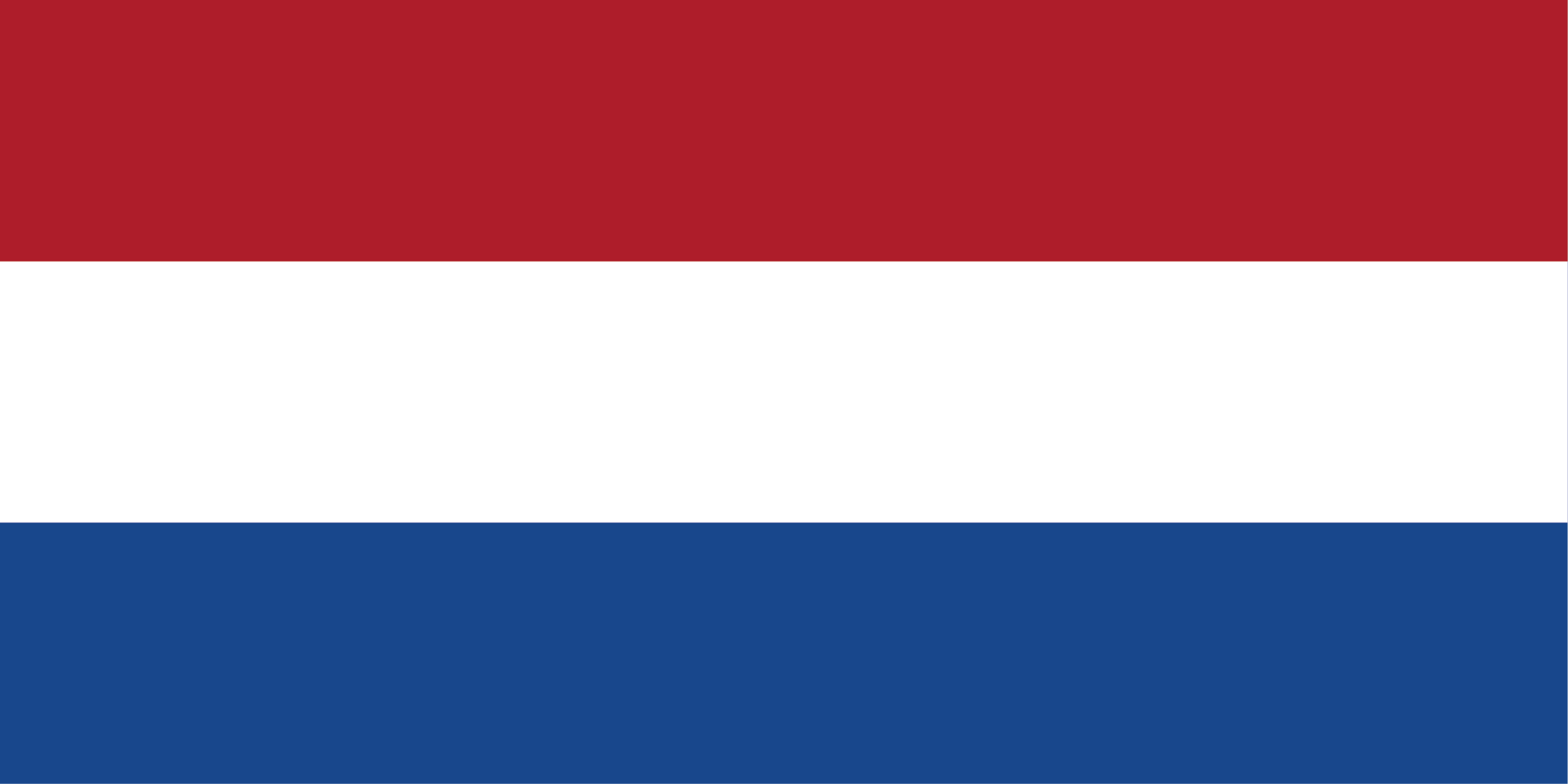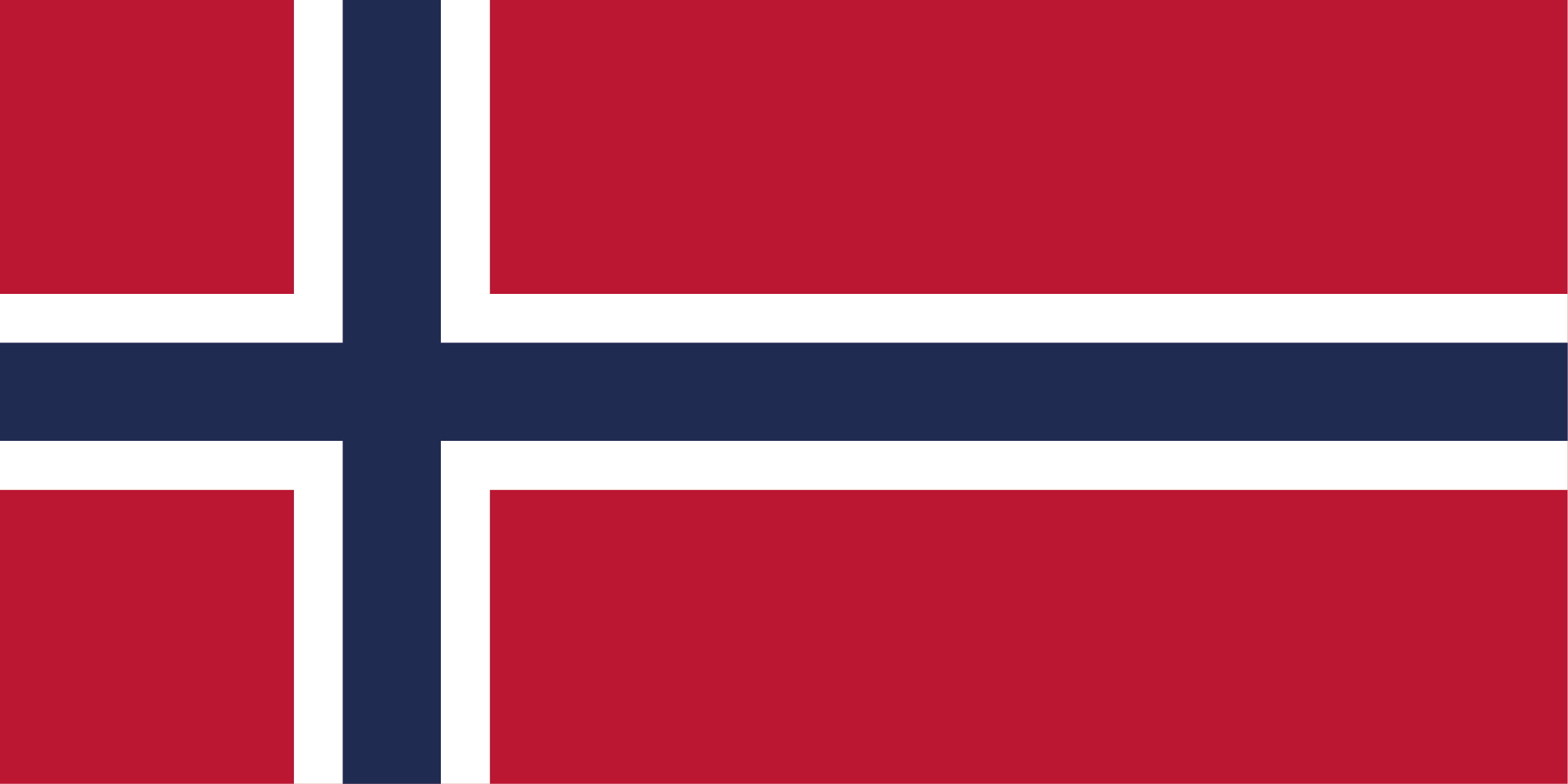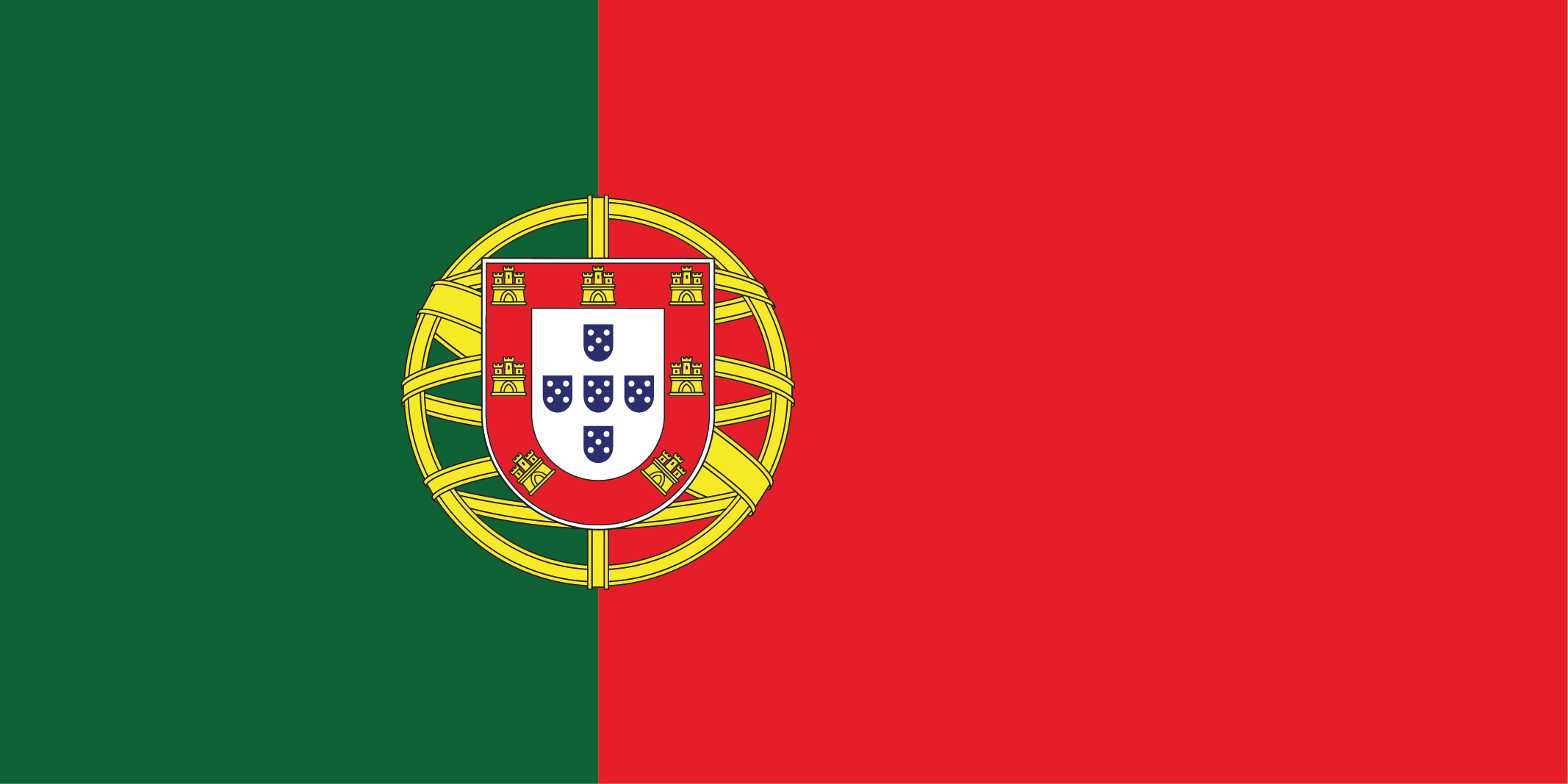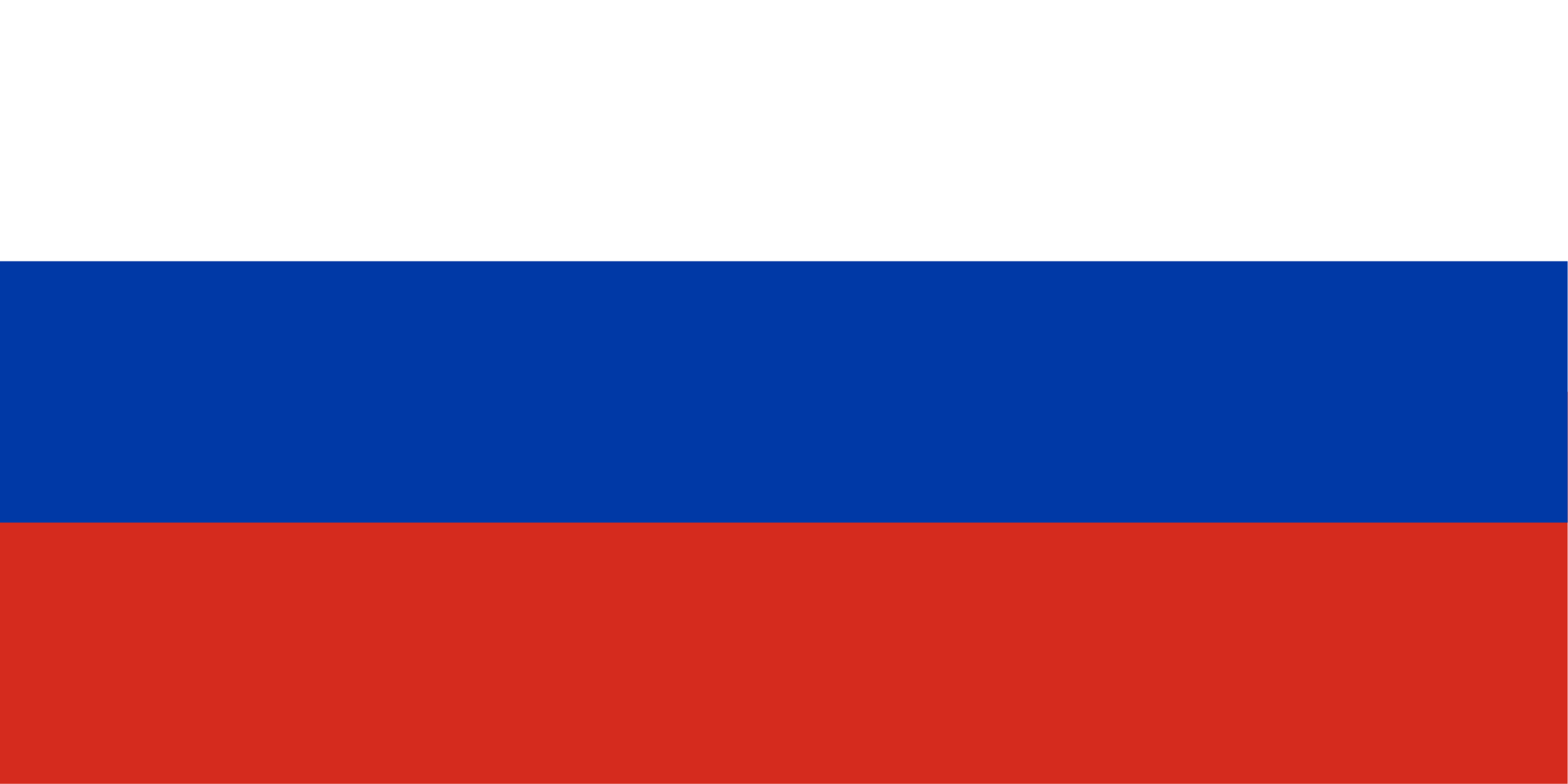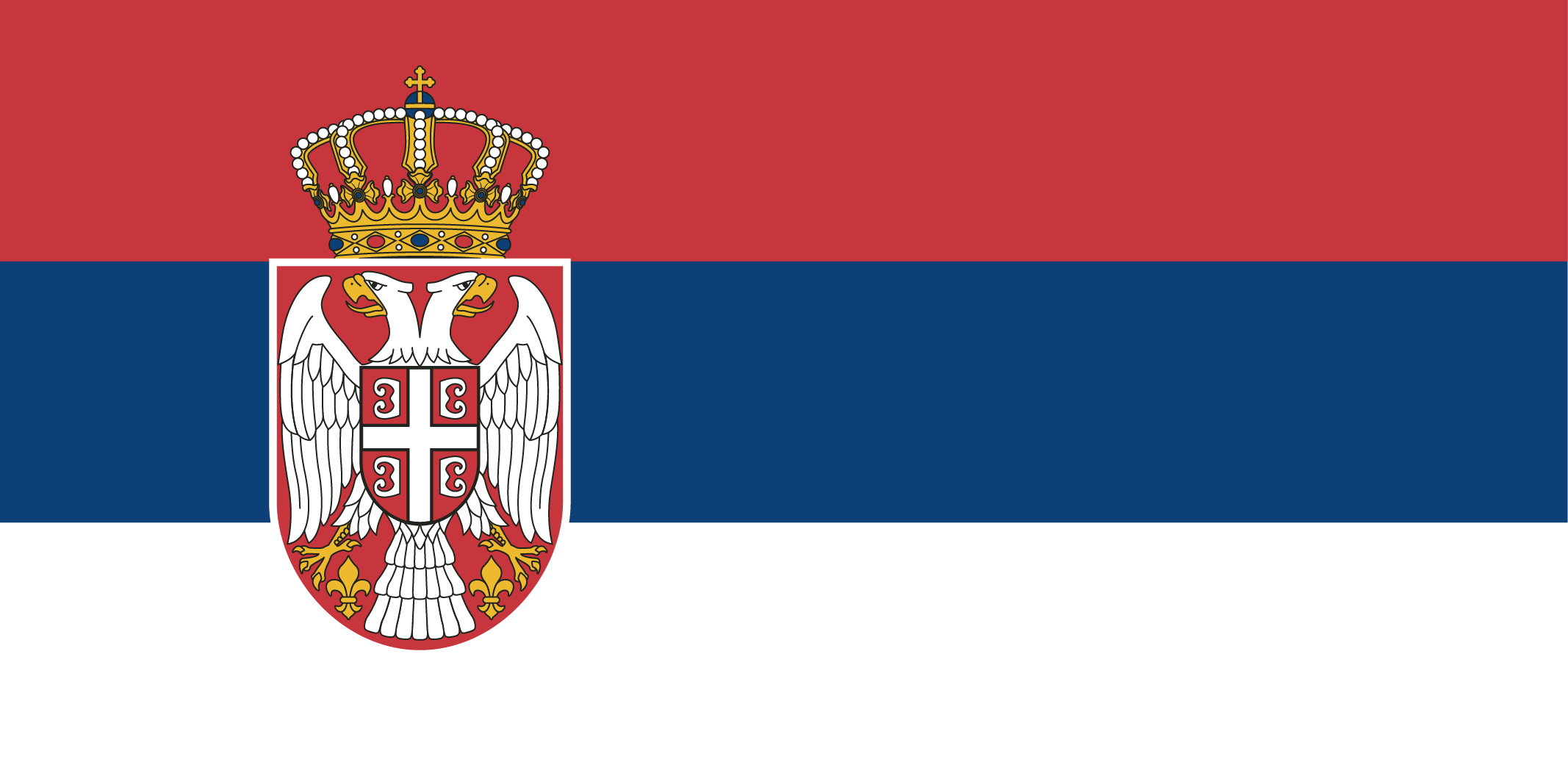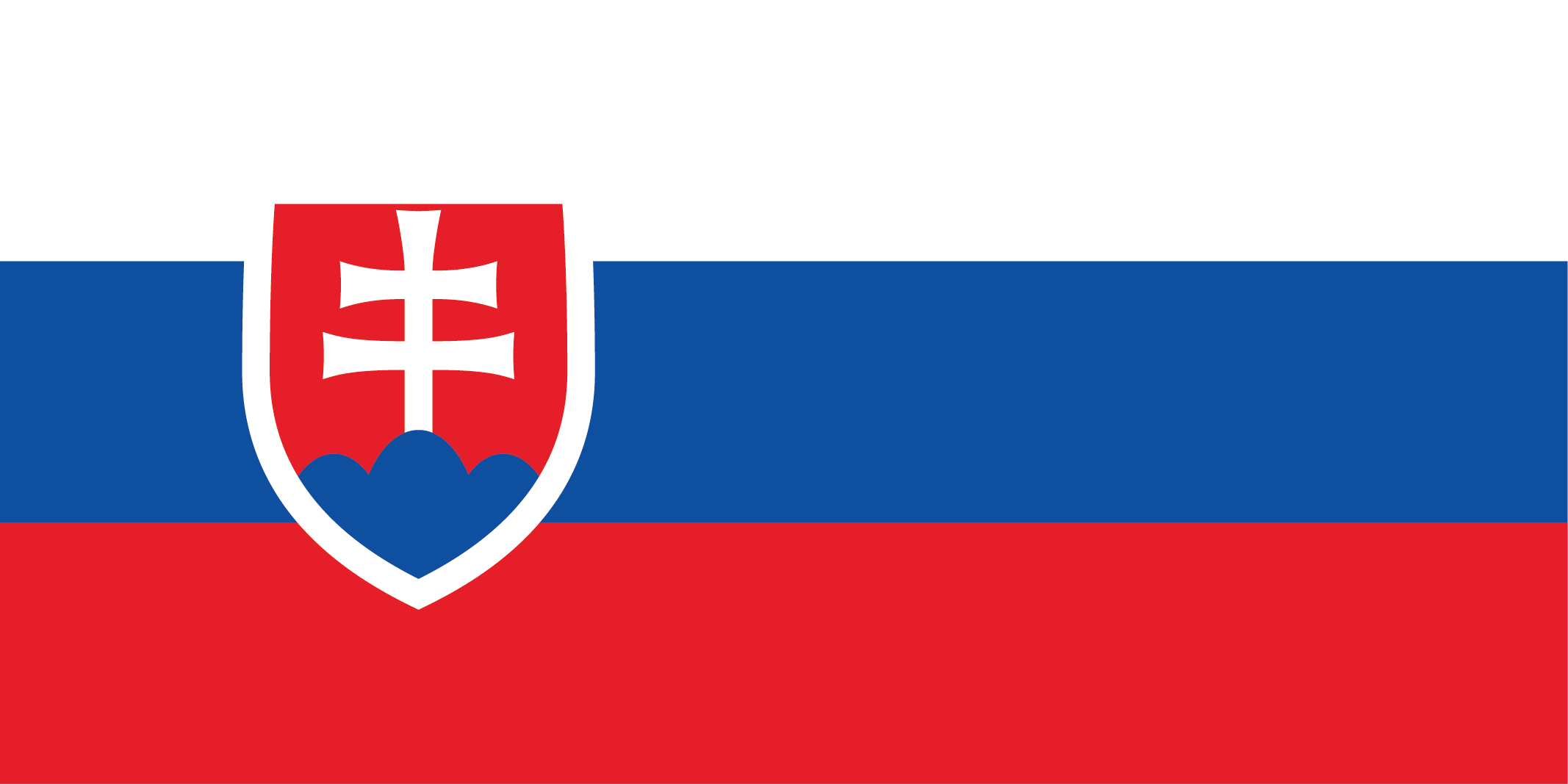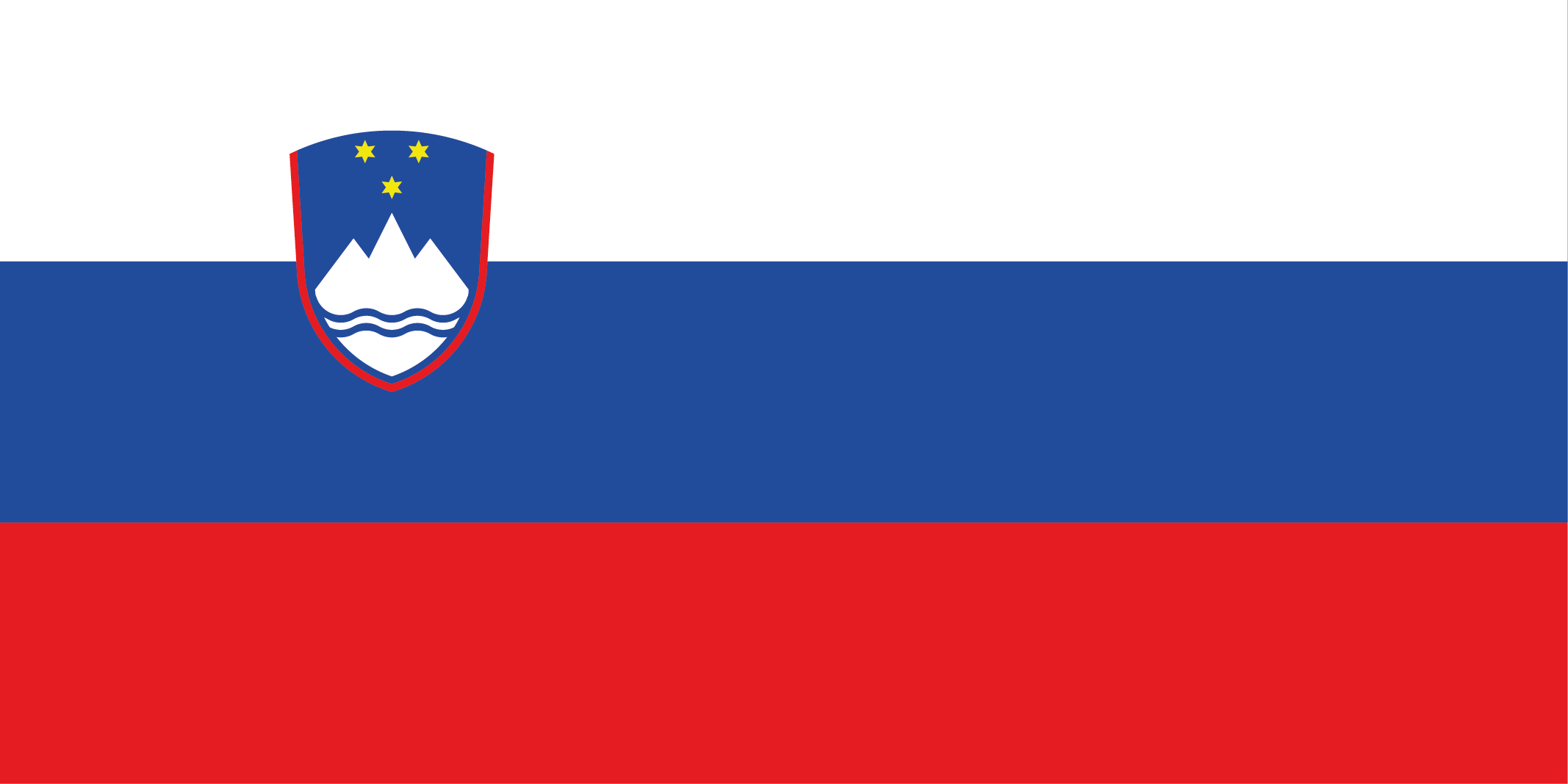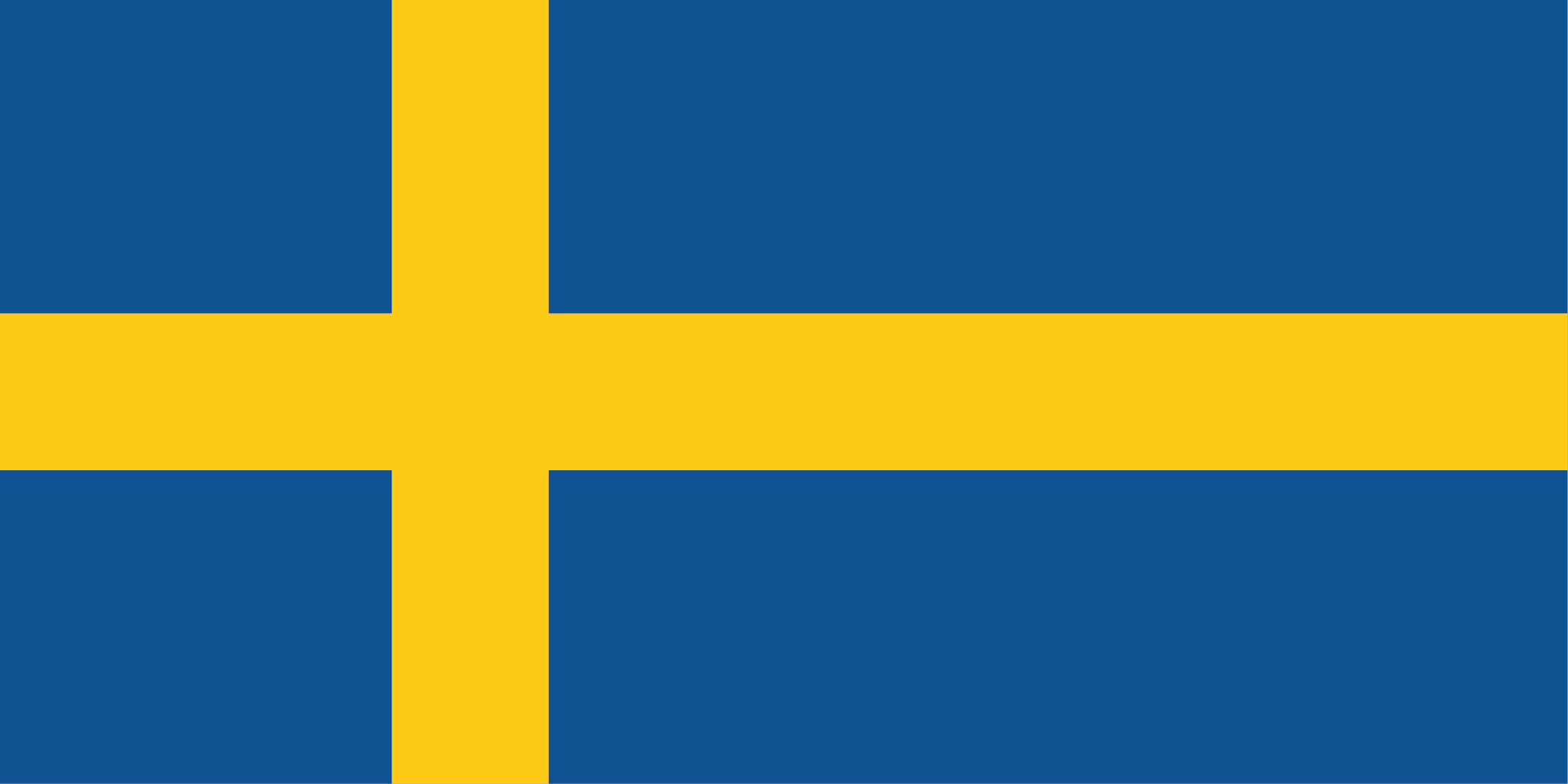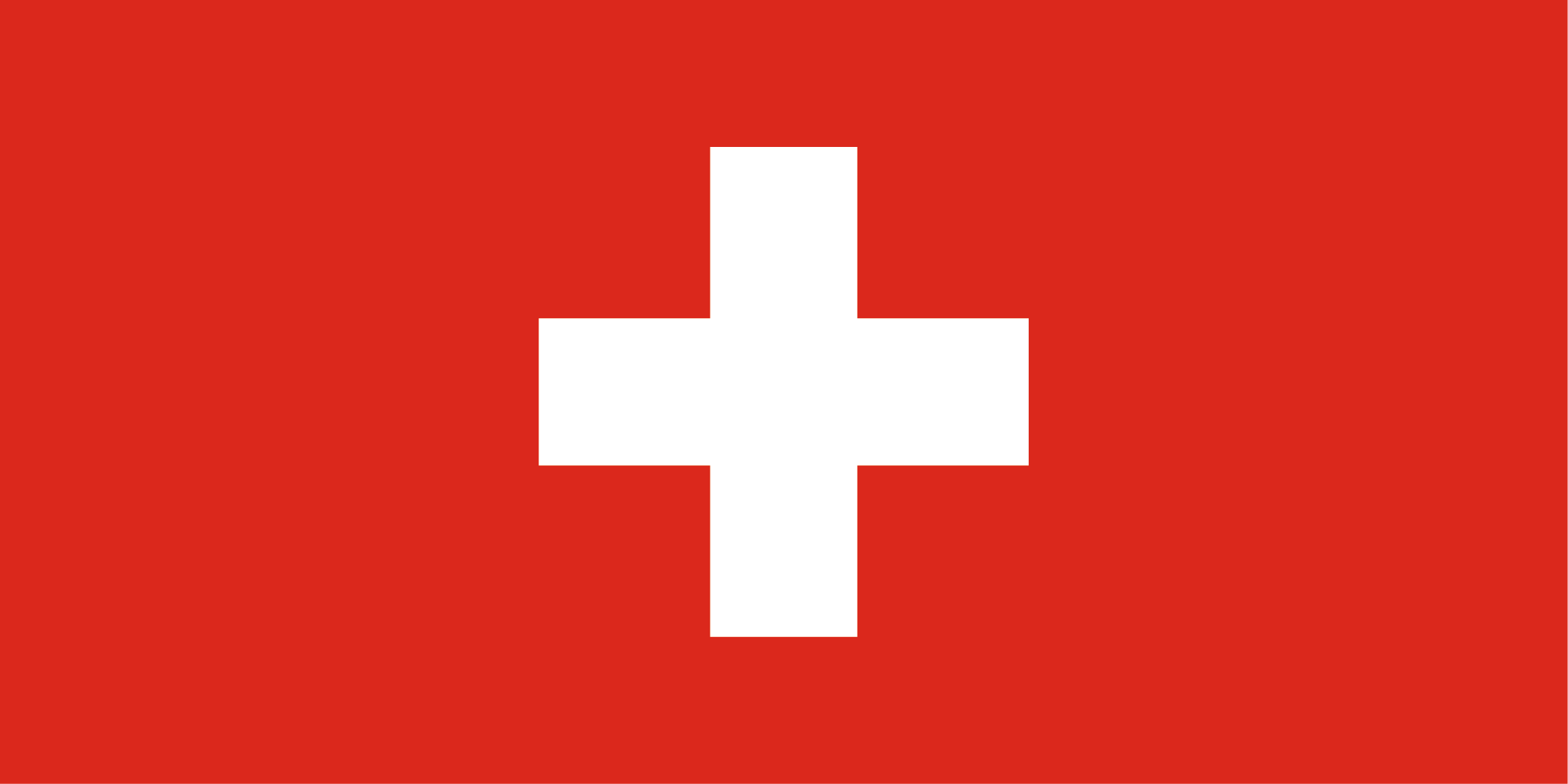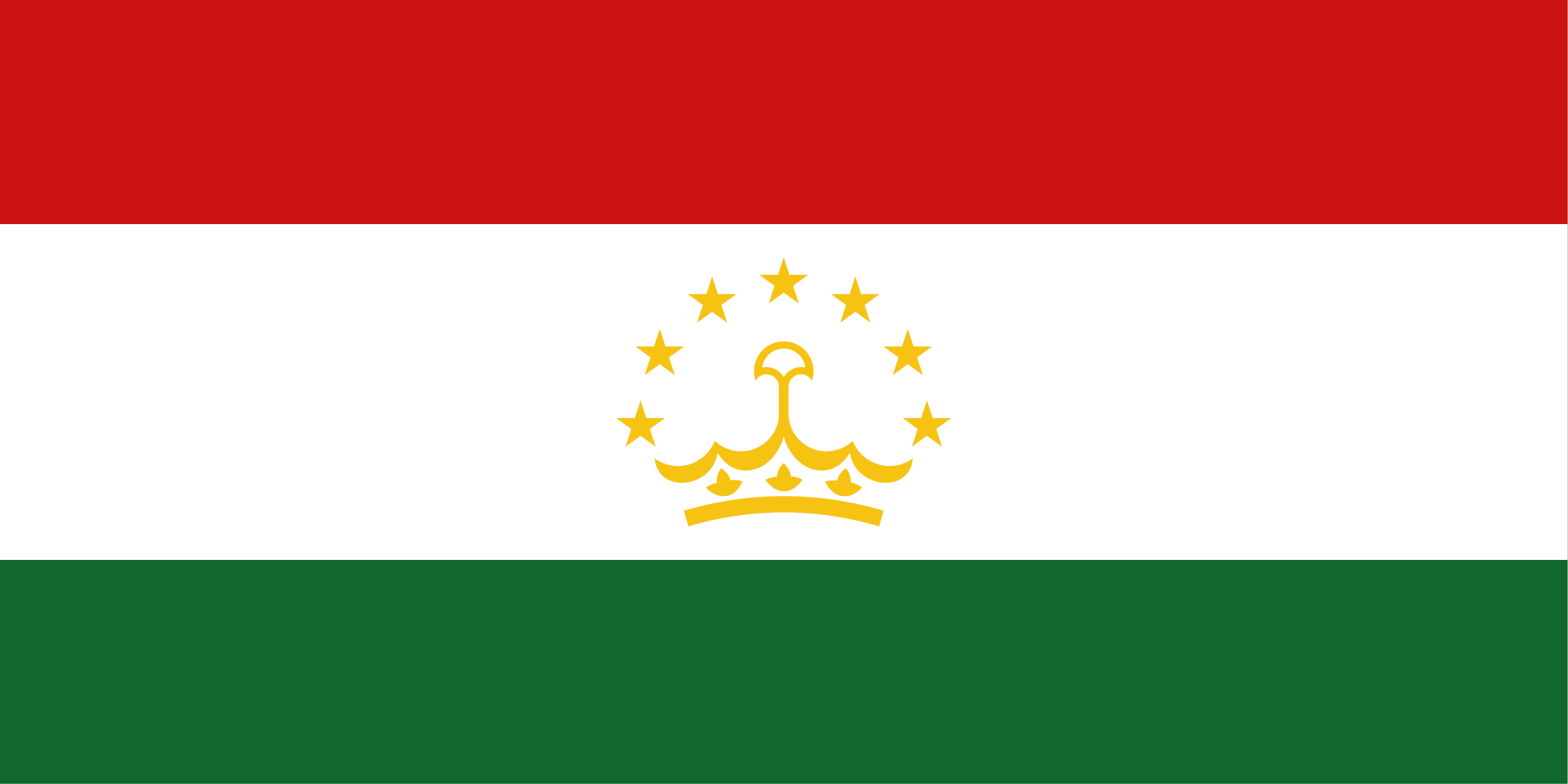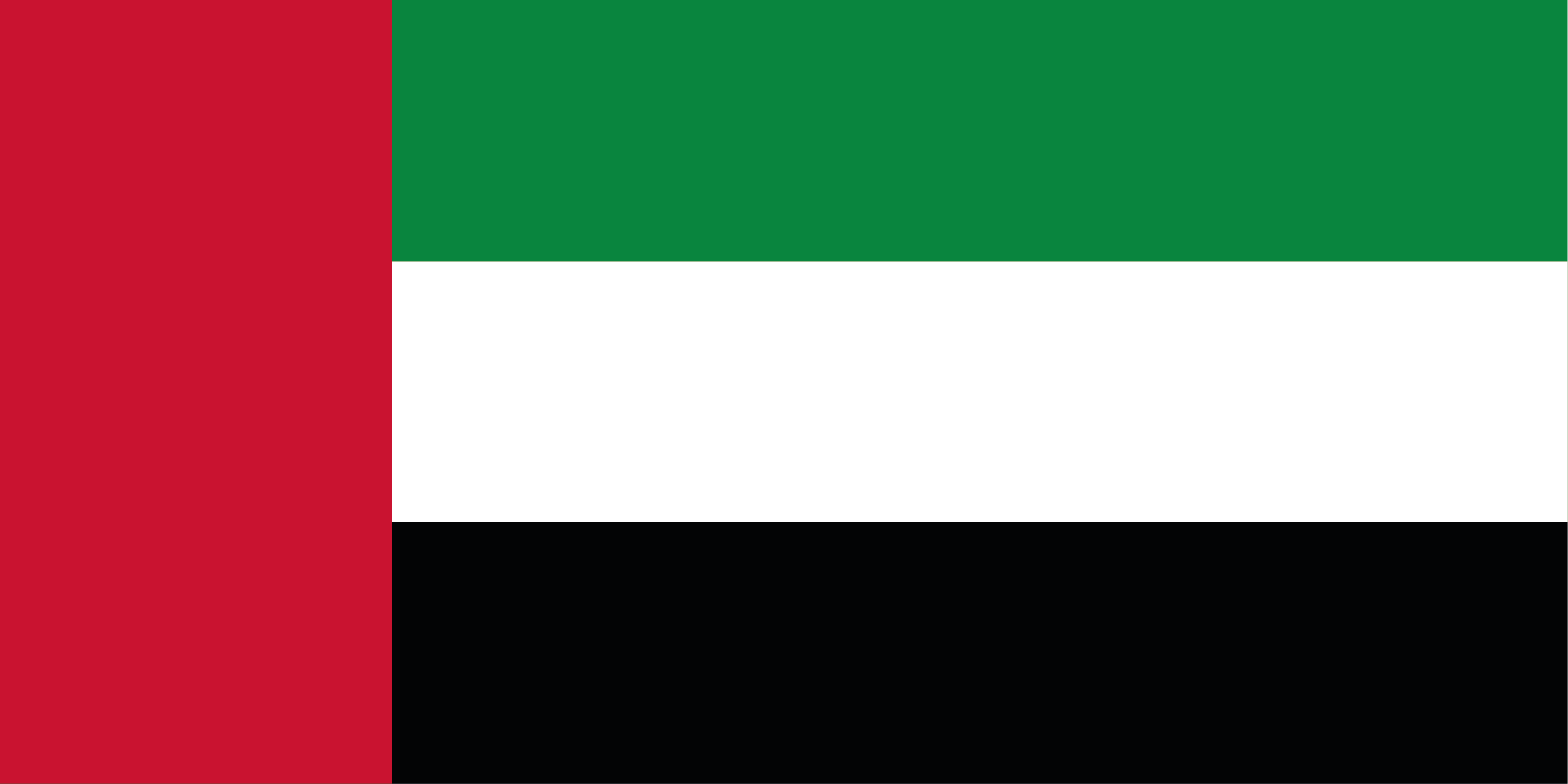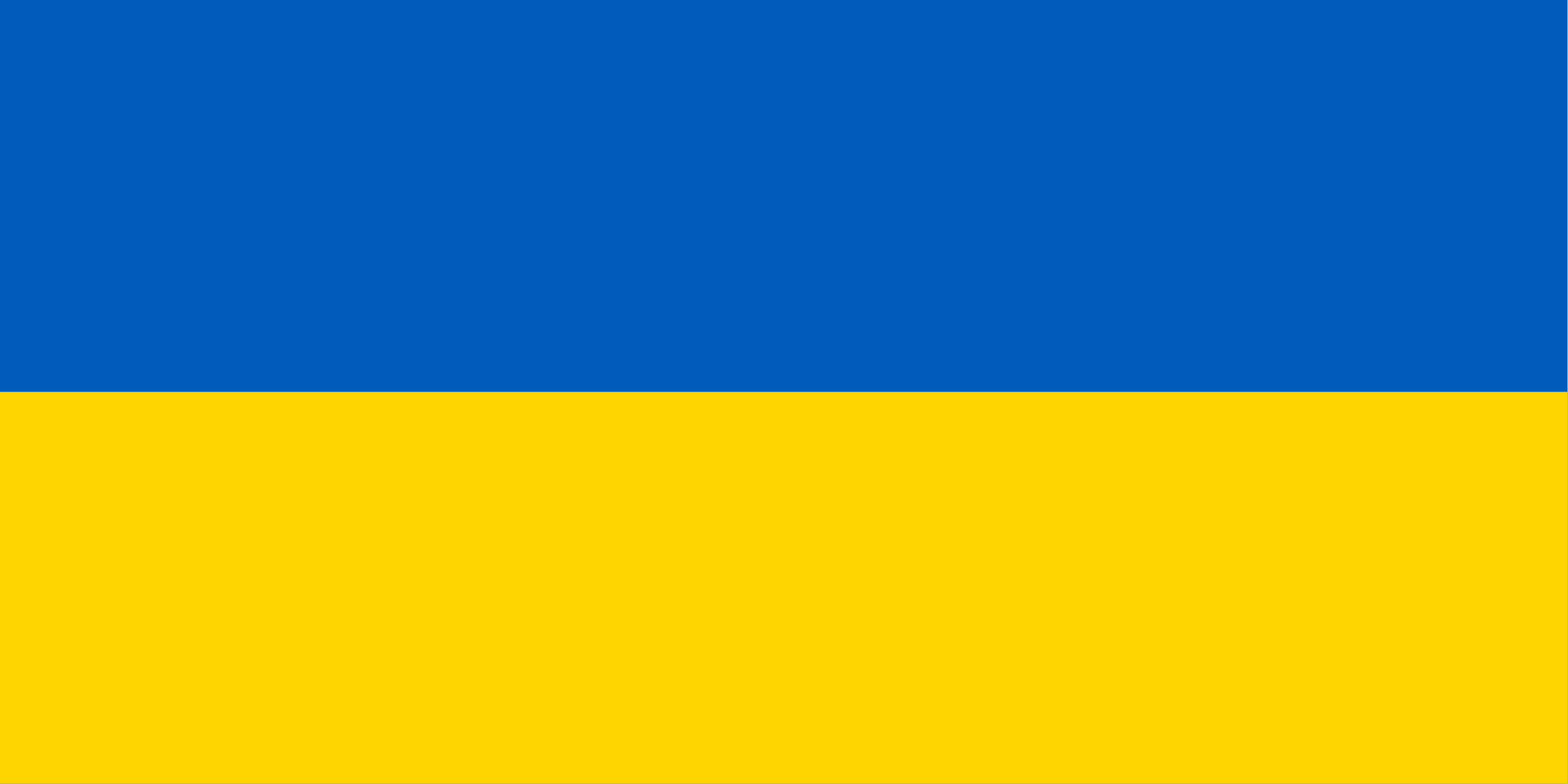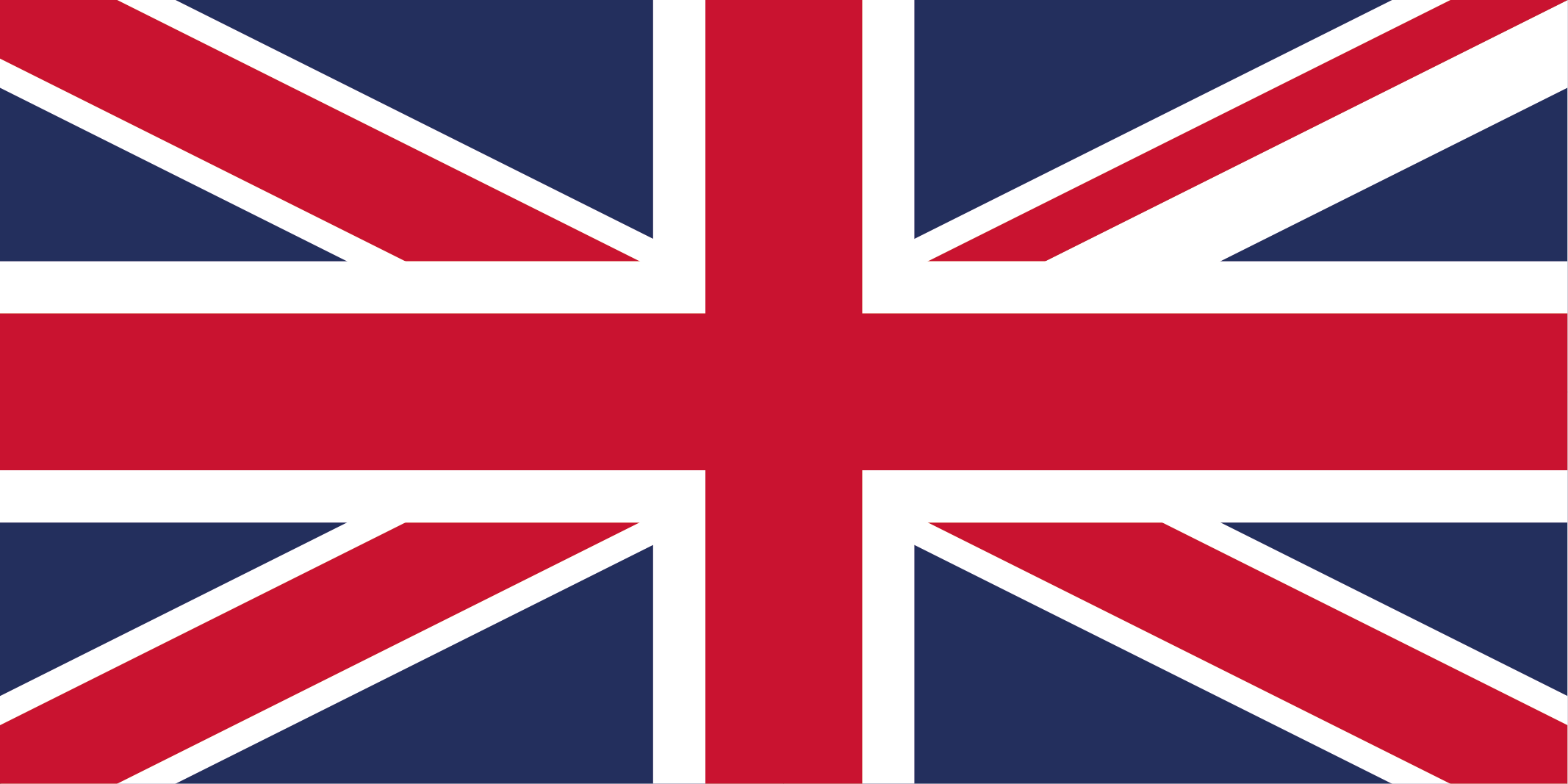Transportation of Deceased Persons from Slovenia: Organization and Assistance
The Importance of Transporting a Deceased Person from Abroad
When death strikes a person outside their home country, it marks a difficult and responsible period for their family. The return of the deceased from Slovenia is not just a matter of delivery, but a multilayered process that involves the preparation of medical and legal documents, coordination with local services, and compliance with sanitary requirements. The clarity and correctness of actions determine how quickly and dignified the repatriation can be carried out. To avoid unnecessary difficulties, relatives should entrust the organization to experienced specialists who operate with respect, precision, and knowledge of international procedures.
Why Independent Transportation is Impossible
The attempt to transport a body without the assistance of a funeral bureau almost always leads to legal complications. To carry out such a procedure, one must have special permits, experience in preparing international documents, and access to cooperation with hospitals, consulates, and control services. Without the support of specialists, the paperwork can be delayed, and crossing the border may become impossible. Licensed agencies possess the knowledge that allows them to solve tasks of any complexity, guaranteeing legality and safety at every stage of transportation.
Our Approach to the Transportation of Deceased Persons
Our work begins with establishing contacts with hospitals, forensic institutions, and consulates, where death certificates and other necessary documents are prepared. In non-standard situations—such as autopsies or investigative actions—we take on the coordination of all procedures to avoid delays and misunderstandings. The repatriation of the body is carried out according to established international protocols: from obtaining the body at the morgue to its transfer to relatives at home. Each step is accompanied legally—translations are prepared, the legality of all actions is confirmed, and notifications are sent to the appropriate authorities.
Methods of Body Transportation: Ground and Air Transport
Ground Transportation of the Body
Automobile transport of the deceased is one of the most convenient and flexible methods of transportation. Special vehicles are equipped with refrigerated compartments, ensuring sanitary conditions throughout the journey. This format allows transporting the body directly from the morgue to the burial site, without additional stages and transfers. If desired, relatives can accompany the deceased in a separate compartment, maintaining a symbolic connection until the farewell moment.
Transportation of the Body by Air
Air transportation is conducted under certain requirements. The body is placed in a hermetically sealed zinc container, which is then packed into a wooden coffin. This is necessary to maintain sanitary conditions on board. This method of transportation is especially relevant if there is an urgent need to deliver the body to another country. However, arranging air transportation includes coordinating with the airline and obtaining permits, which the funeral agency can help with.
Document Preparation for International Transportation
The preparation of a document package is a key stage. This includes the death certificate, cause of death certificate, act of hermetic packaging of the coffin, a certificate confirming the absence of infectious diseases, and a permit for the export of the body. Consular legalization or apostille may also be required. If medical insurance is available, some expenses may be reimbursed. In certain cases, the insurance company fully covers the cost of repatriation.
Preparing the Body for Shipment
Before shipping, embalming is performed, which is necessary to preserve the body in proper condition if the farewell is postponed for several days. Relatives can provide clothing for preparing the deceased for the ceremony. Coffins with zinc liners that meet international requirements are used for transportation. The readiness of the coffin is confirmed by a special act, which is one of the mandatory documents when crossing the border.
Organization of Farewell to the Deceased
The farewell ceremony can be organized before or after transportation. In some cases, the farewell takes place at the morgue, where the body is prepared for viewing. After arrival at home, an additional farewell before burial is also possible. This is especially important for families who did not have the opportunity to say goodbye in advance. Professional assistance helps to account for cultural and religious traditions at all stages.
Delivery and Accompaniment of the Body
Each transportation is conducted under the supervision of an experienced agent. An agency employee accompanies the body at all stages—from dispatch to transfer to relatives. If necessary, a cargo 200 meeting can be arranged at the terminal, as well as delivery to the morgue or place of the funeral. Coordination with local services and funeral halls is possible. The presence of all permits allows avoiding delays at the border.
What Happens After the Body Arrives
After the delivery of the body, it may be stored in the morgue, and arrangements for burial or cremation can be made. Depending on the relatives' preferences, the agency may offer additional funeral services: selection of funeral items, transportation arrangements for guests, and organization of the funeral procession. Thus, the family can focus on saying goodbye without being distracted by organizational matters.
Duration and Cost Calculation Features
The duration of transportation can take from 4 to 5 working days, but in case of document delays, the timeframe may increase. The cost of the service depends on the route, method of transportation, urgency of the order, and any additional funeral services. To determine the final price, it is advisable to consult with a representative of the agency in advance, who will take all details into account.
Advantages of Turning to a Professional Bureau
- Complete assistance from documentation to burial.
- Availability of necessary licenses and legal knowledge.
- Flexible routes and selection of transportation tailored to the task.
- Professional document preparation and interaction with authorities.
- 24/7 support and an individual approach to each family.
Conclusion
Repatriation of a body is a complex and responsible process, conducted under conditions of emotional strain and numerous formalities. In such moments, the support of experienced specialists, capable of taking on all organizational tasks, is invaluable. Our staff carefully accompanies the body, prepares documents, and controls each step until the moment of farewell. Contact us—we will help you navigate this path with respect and care.






